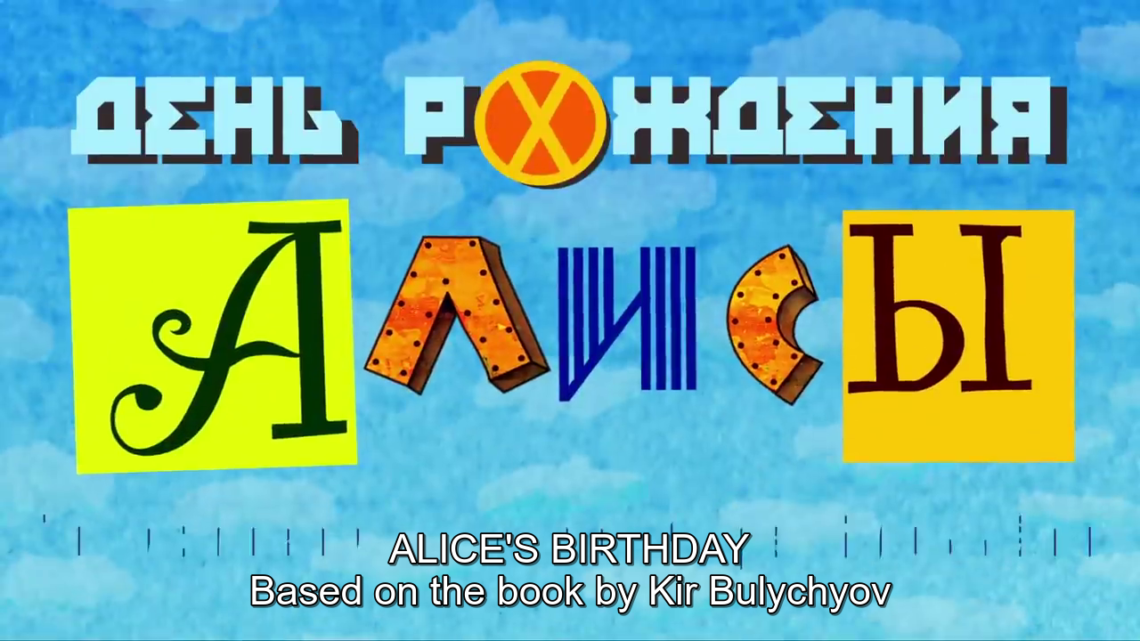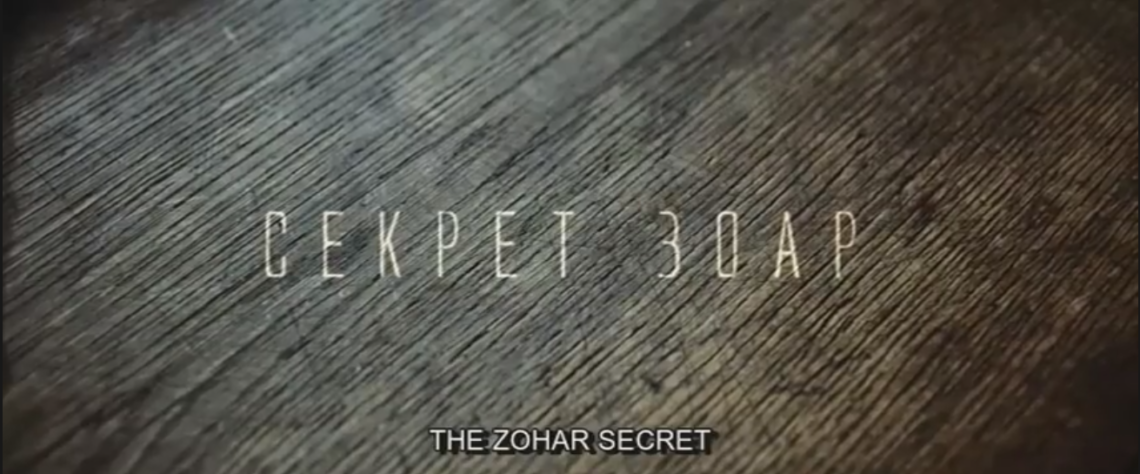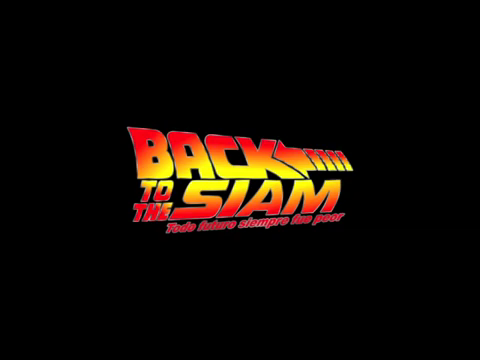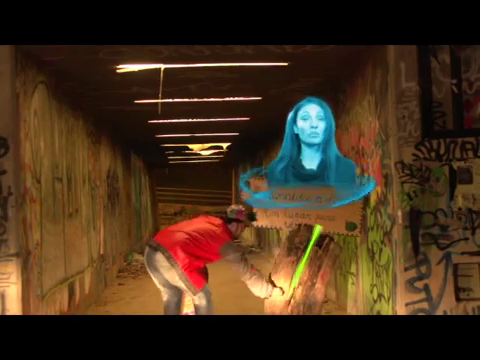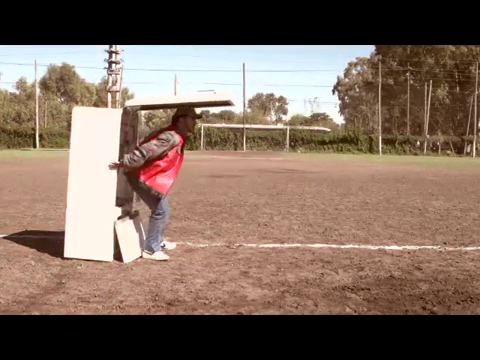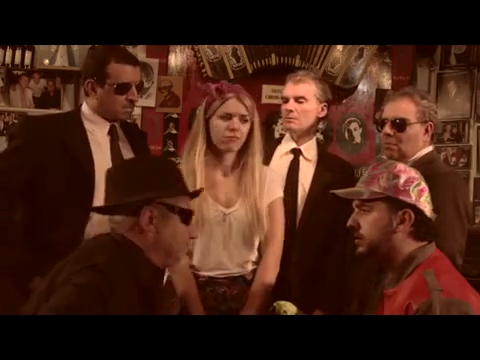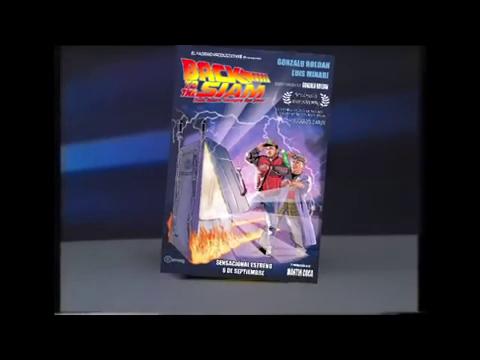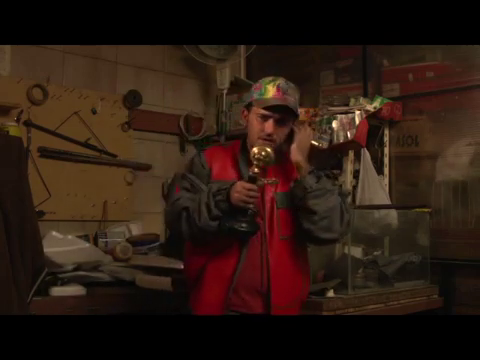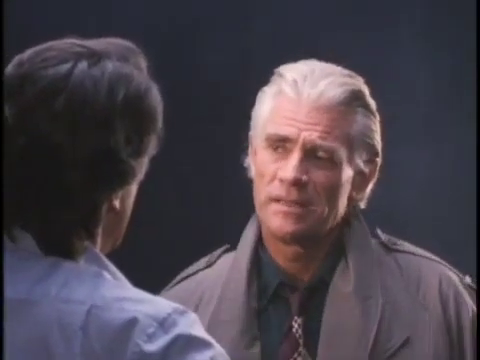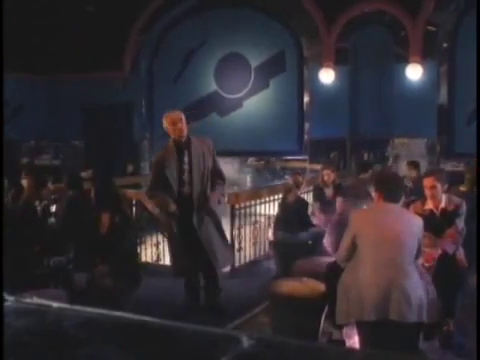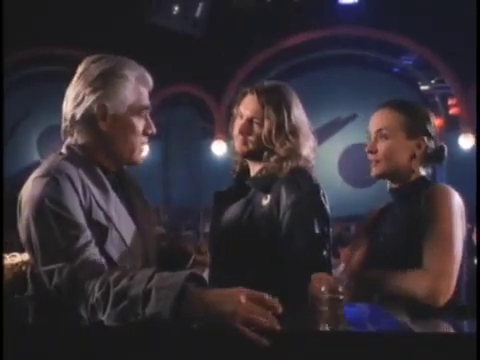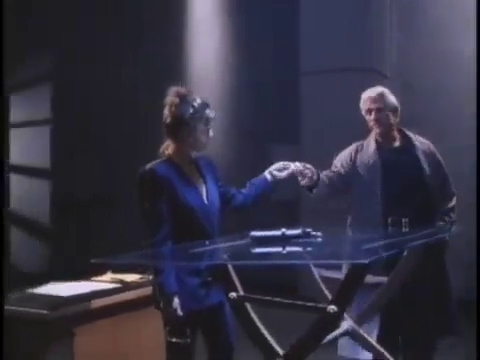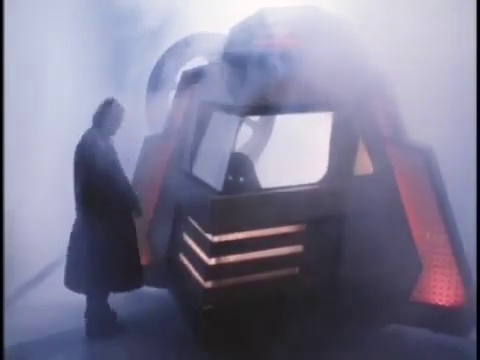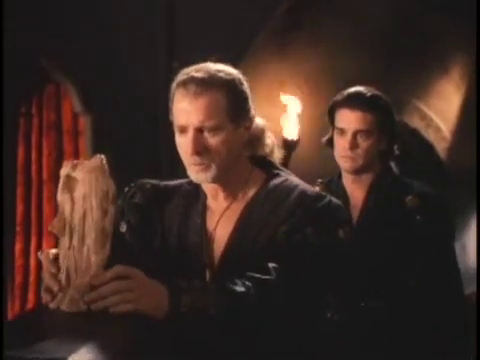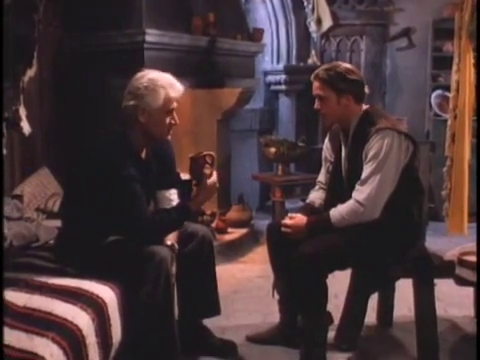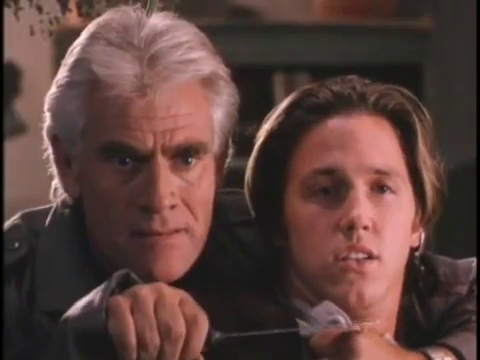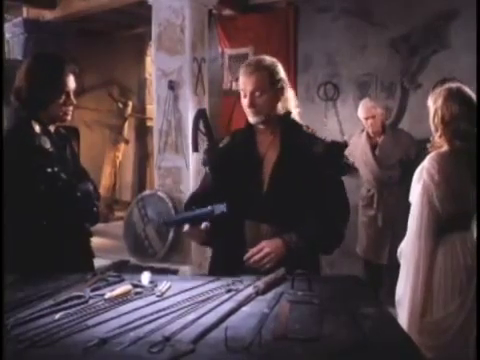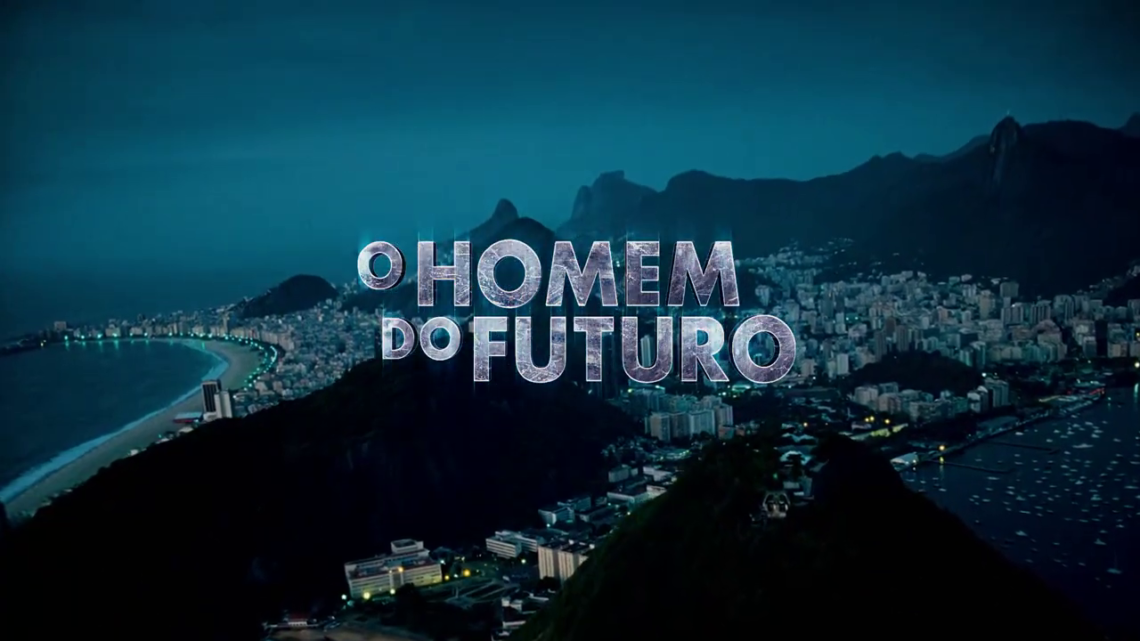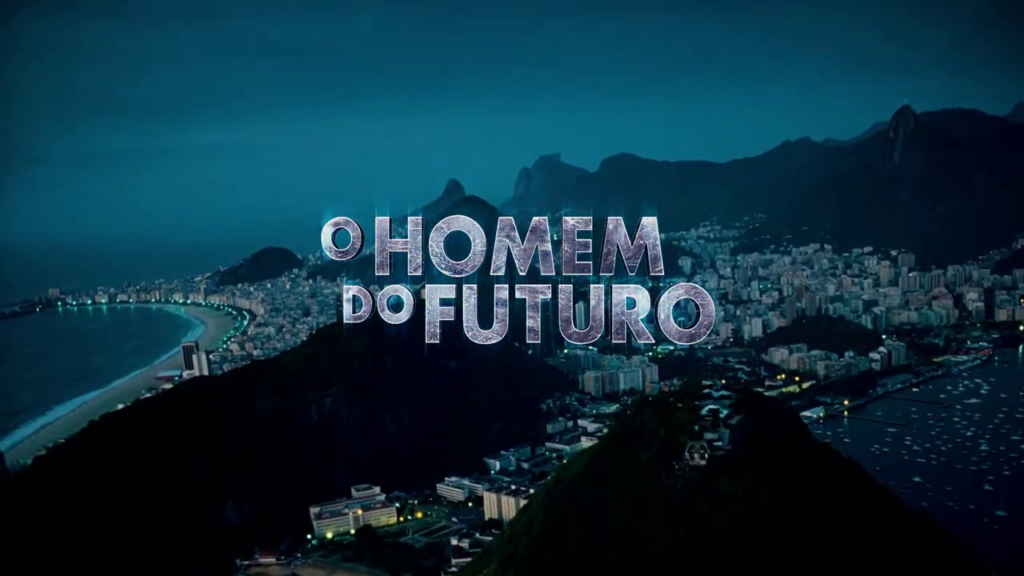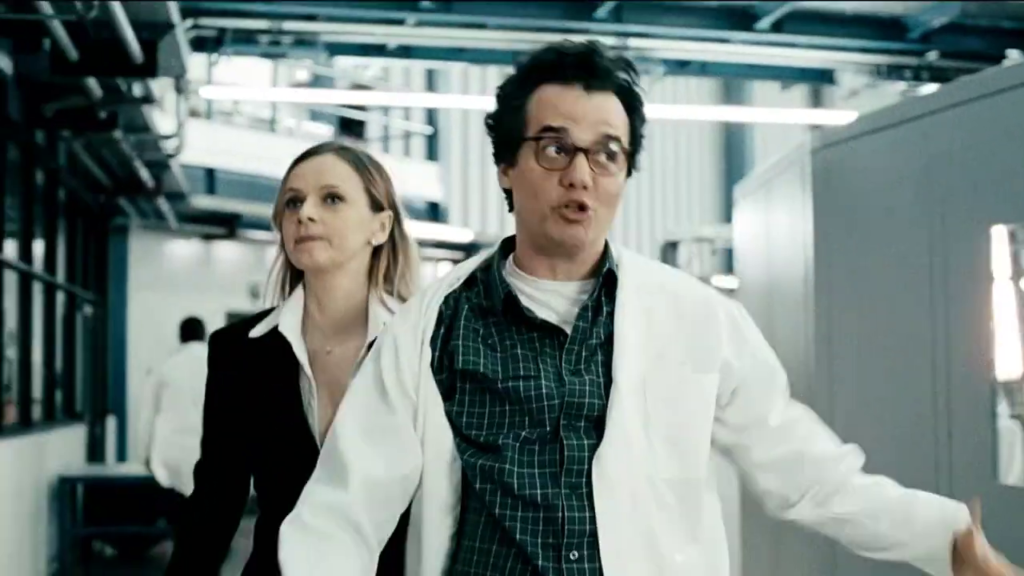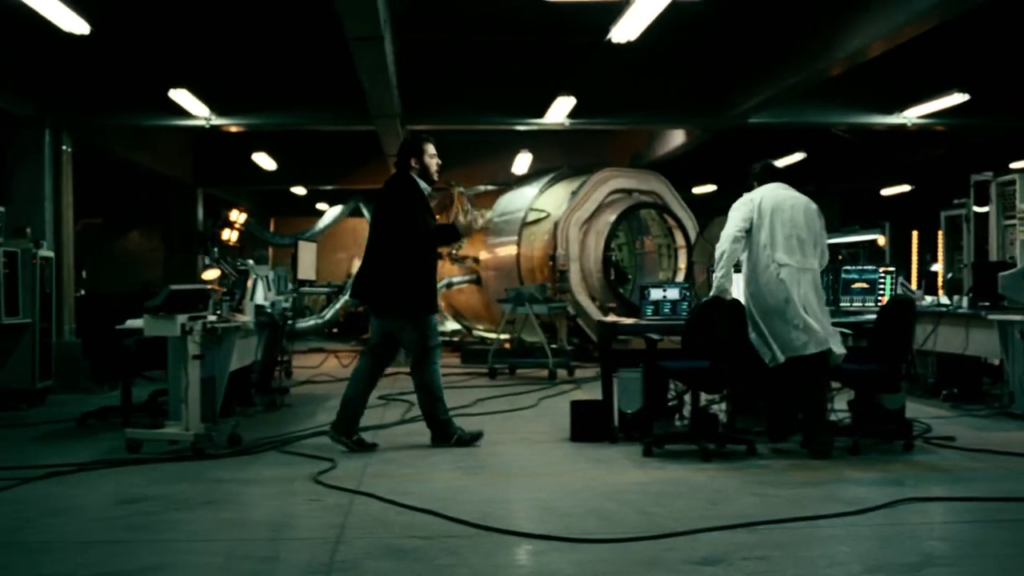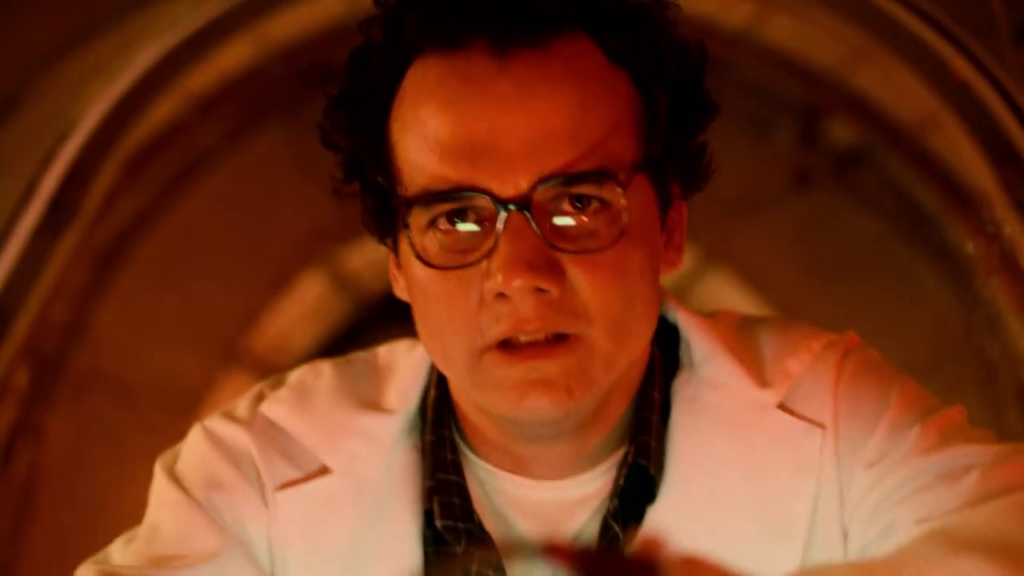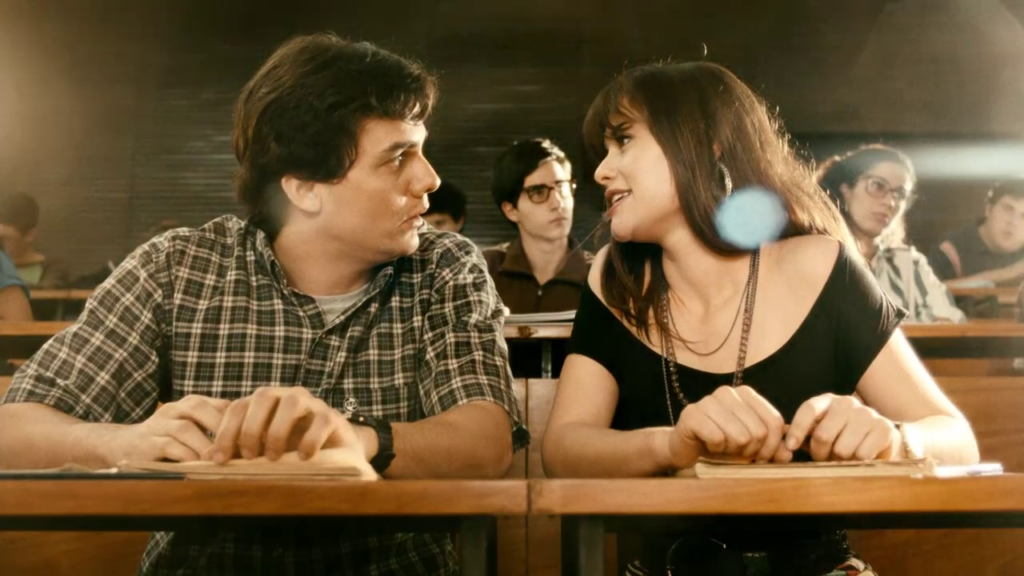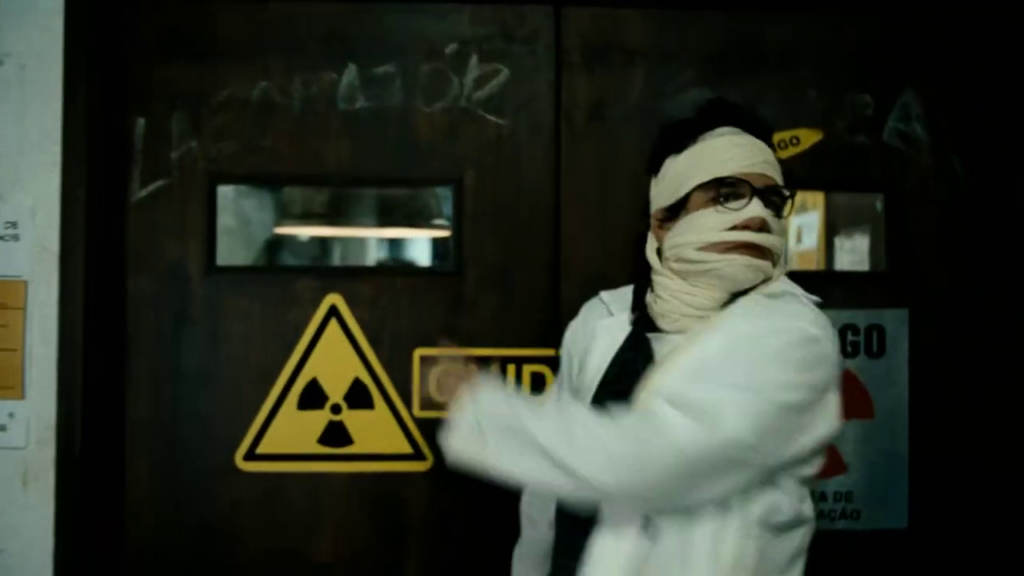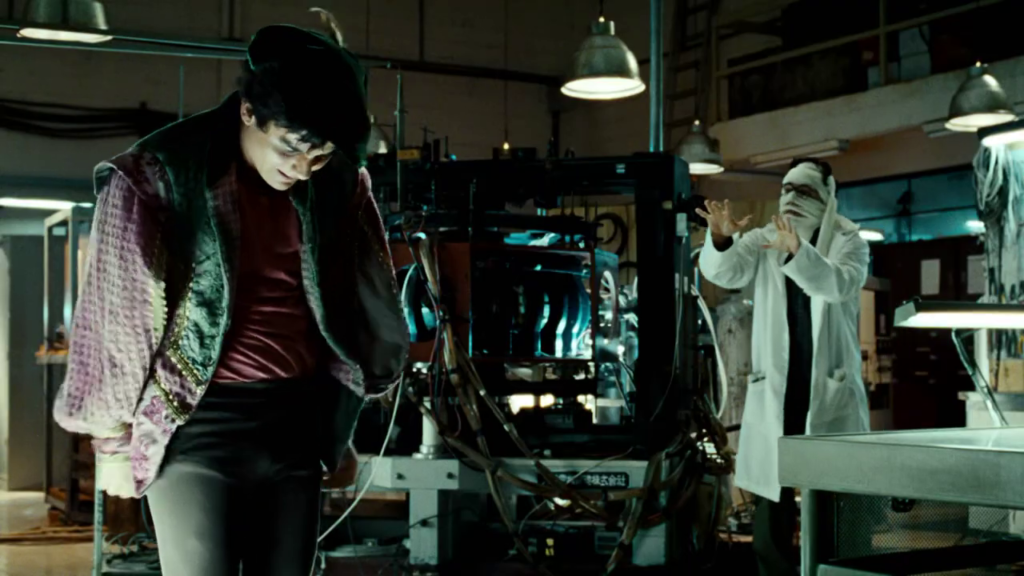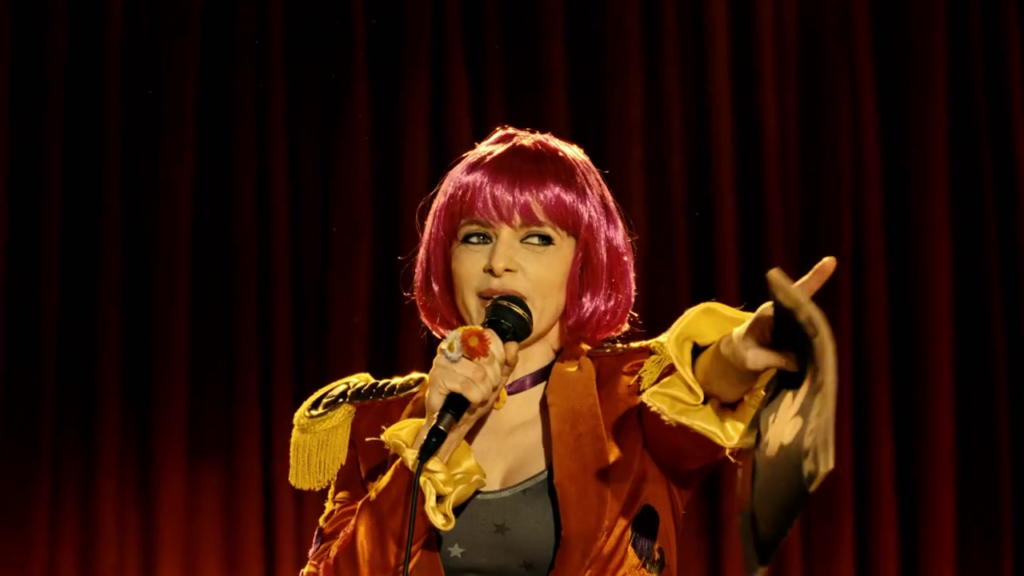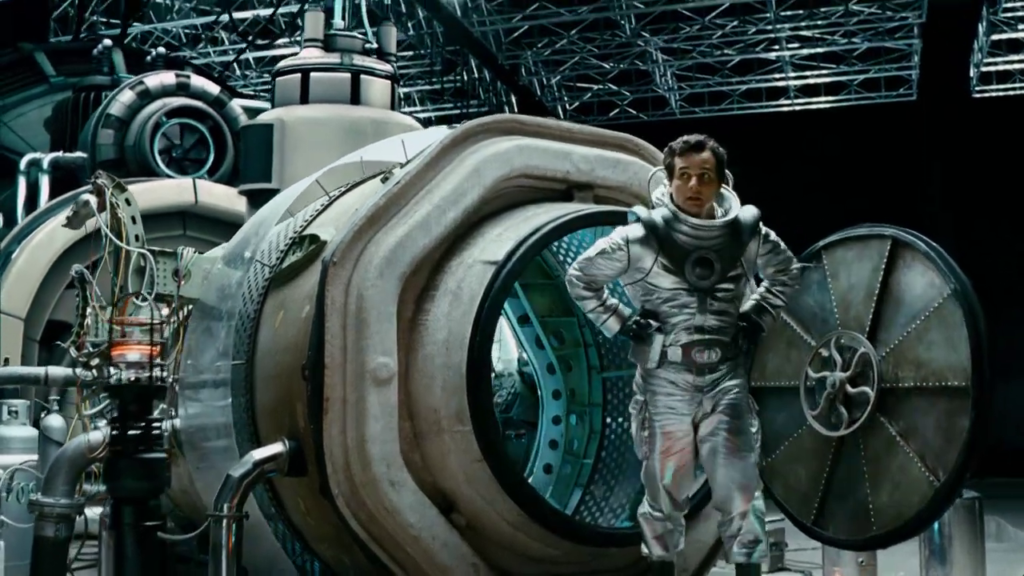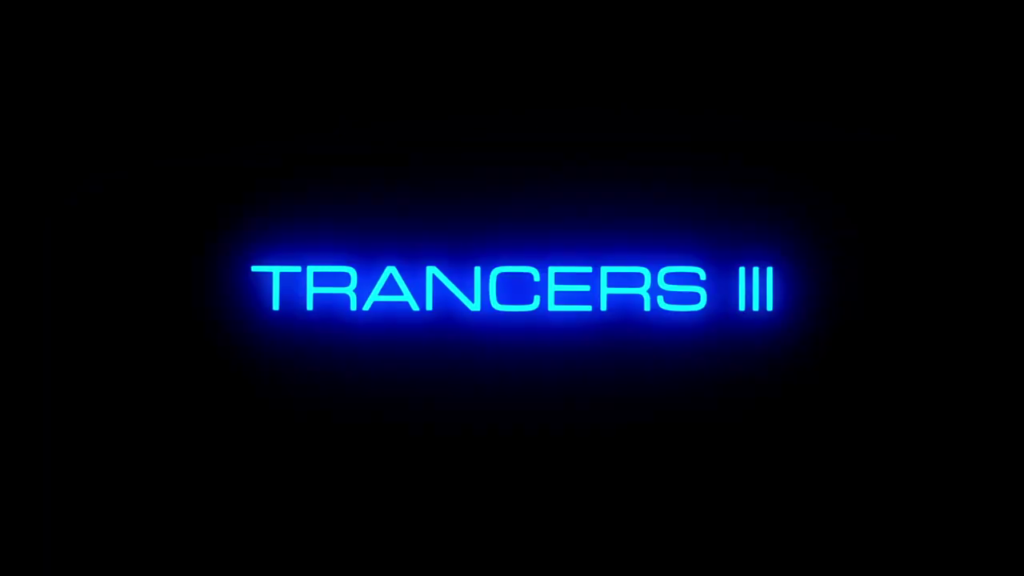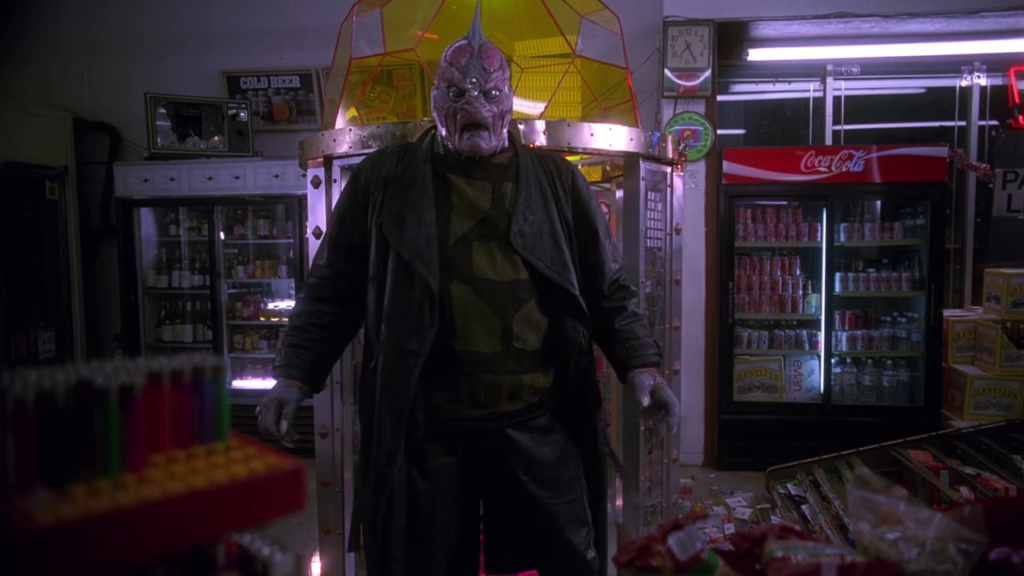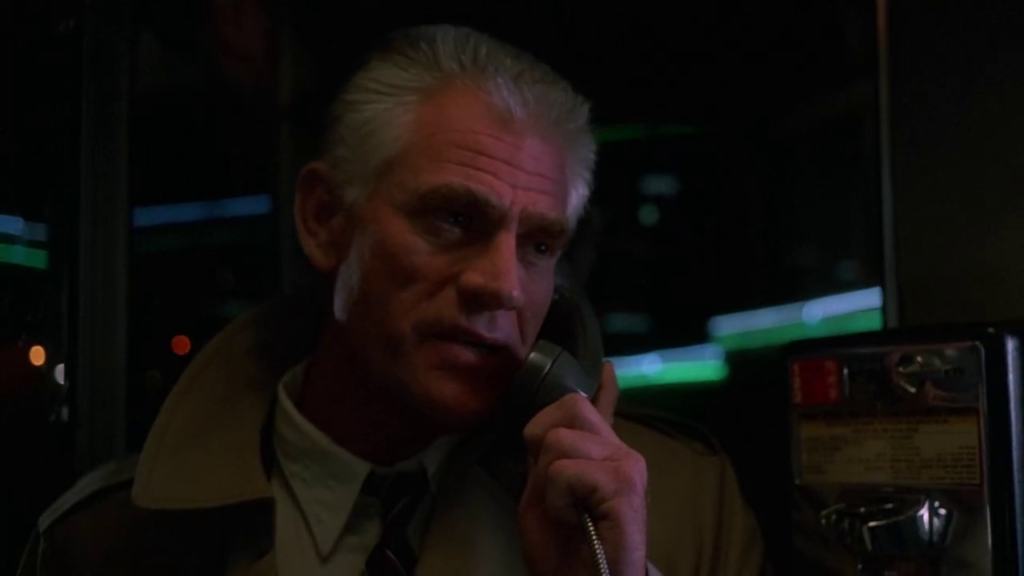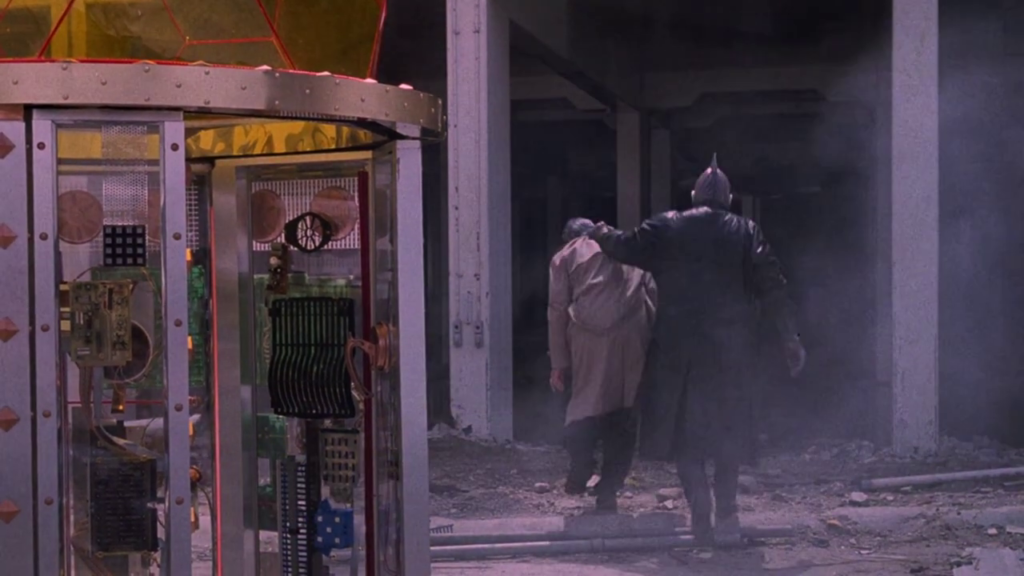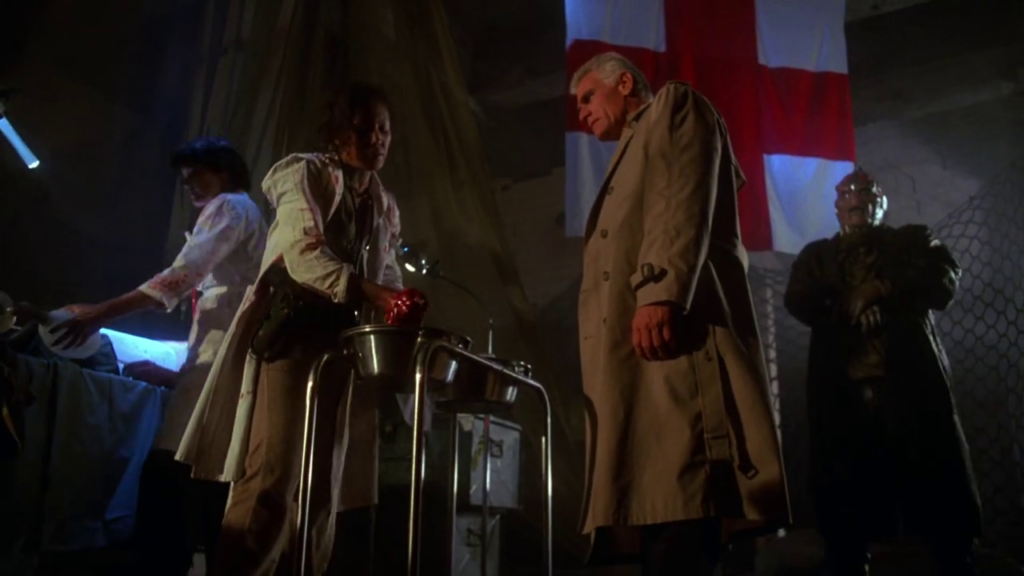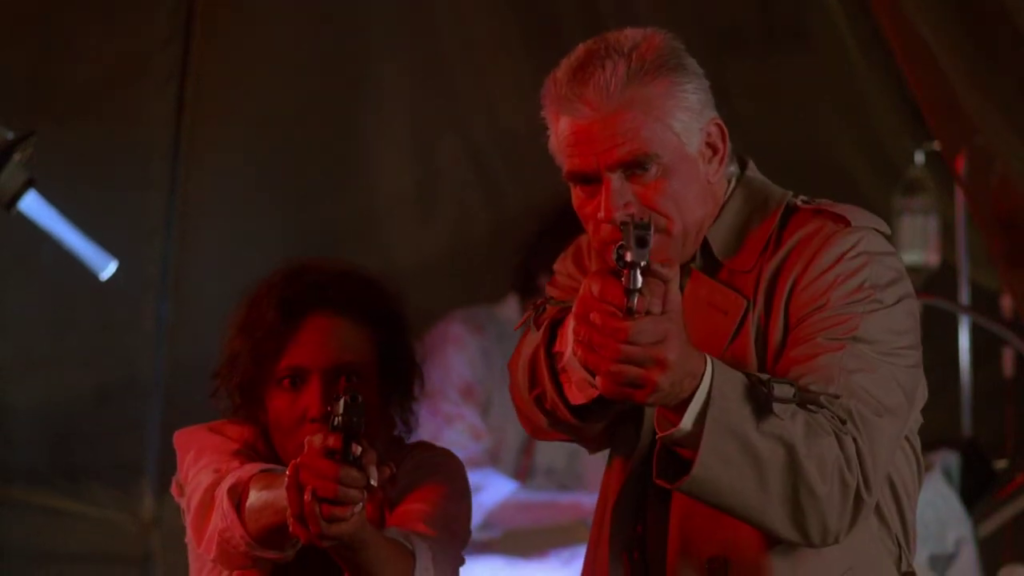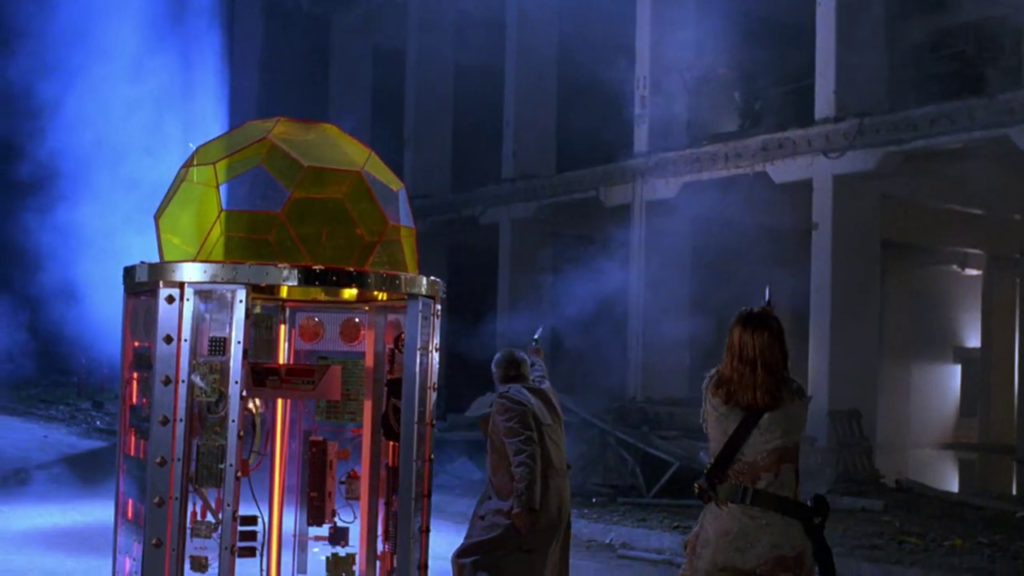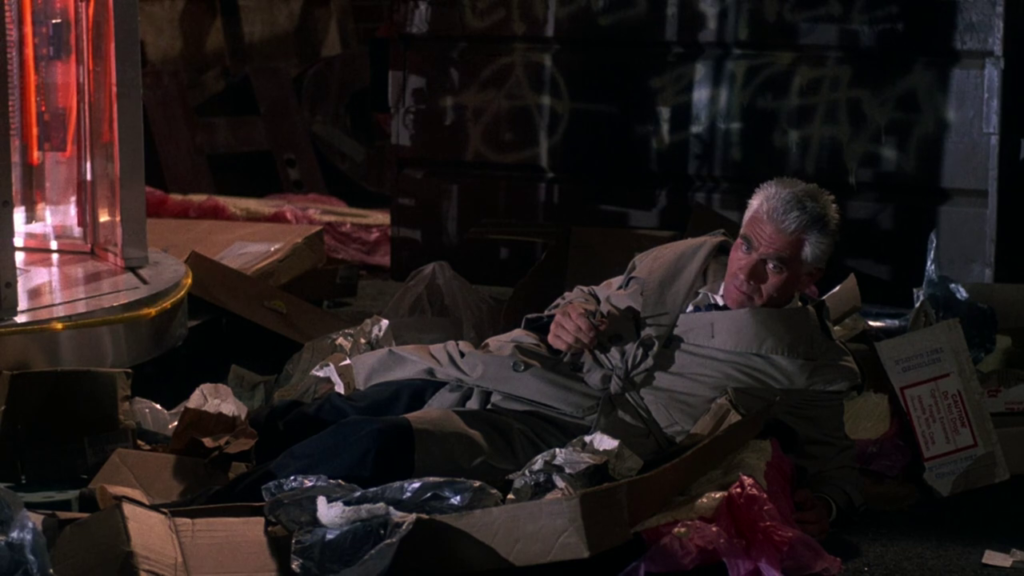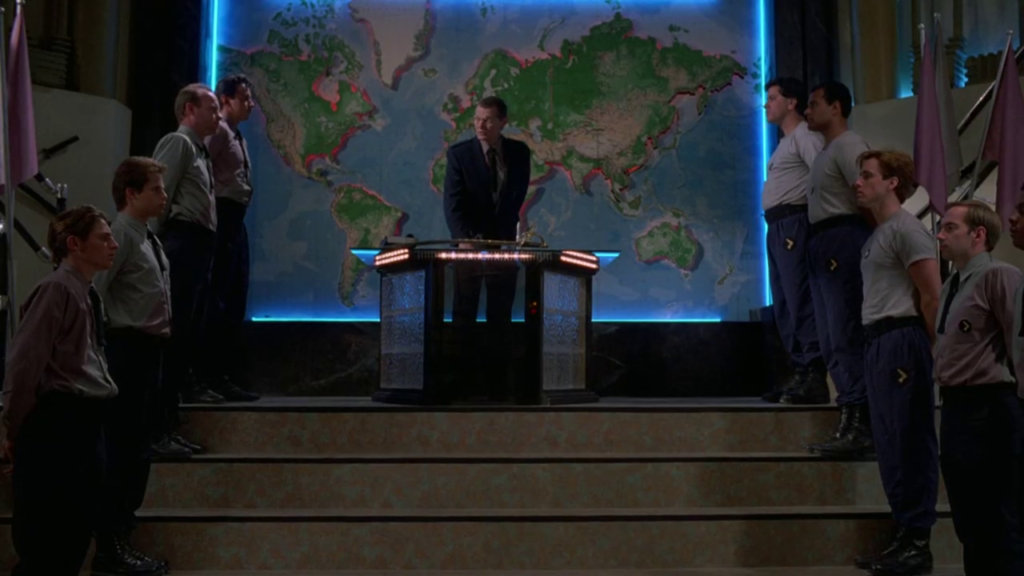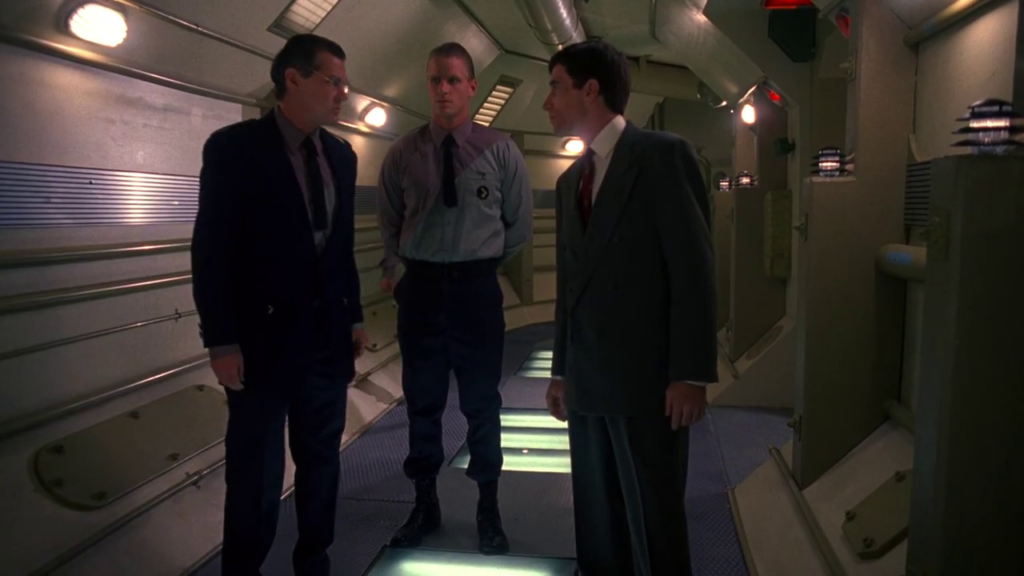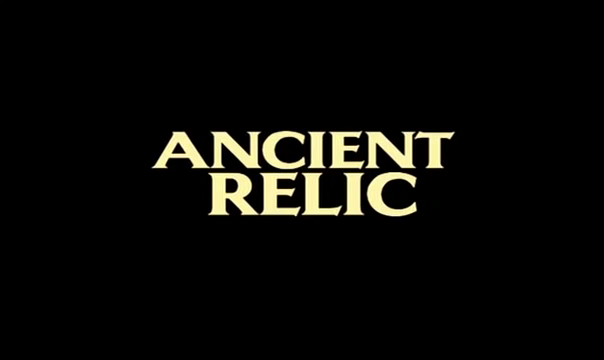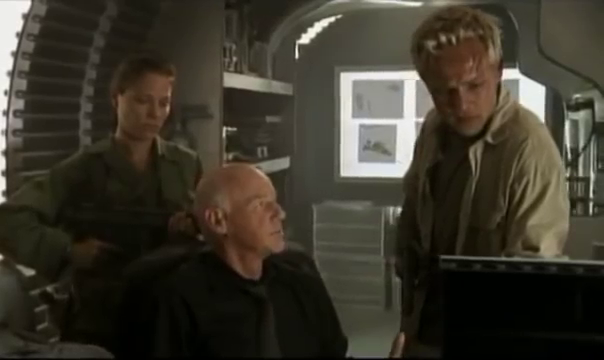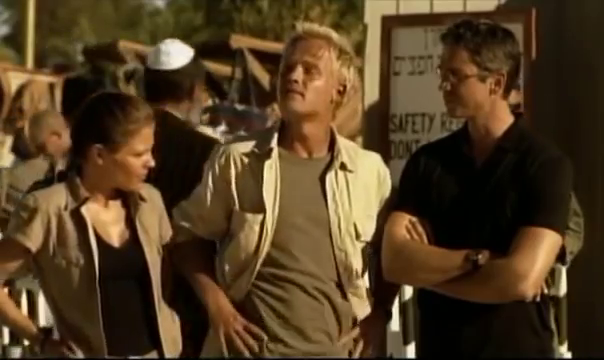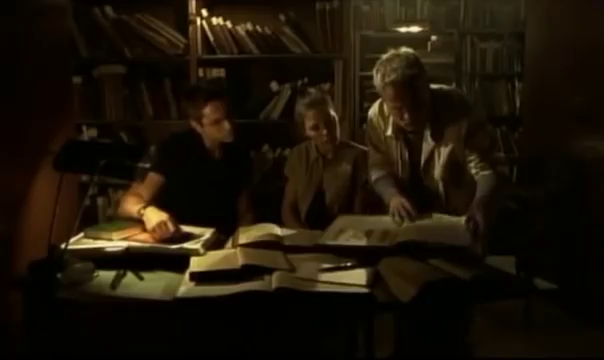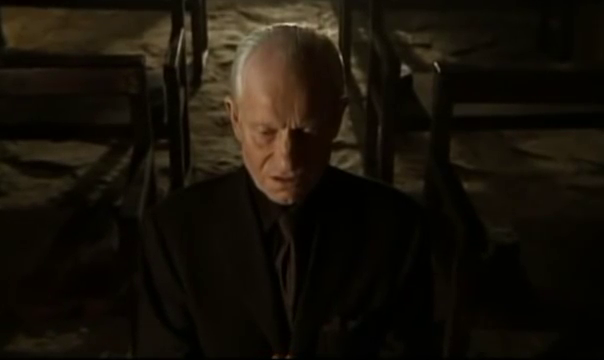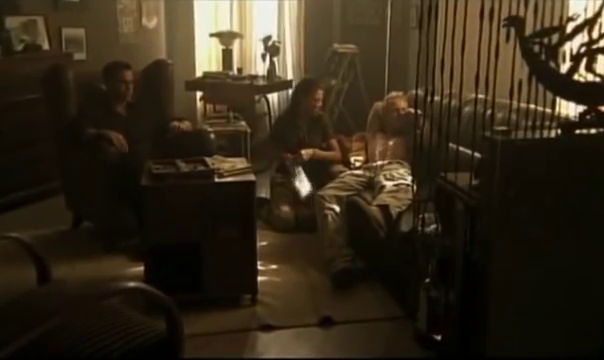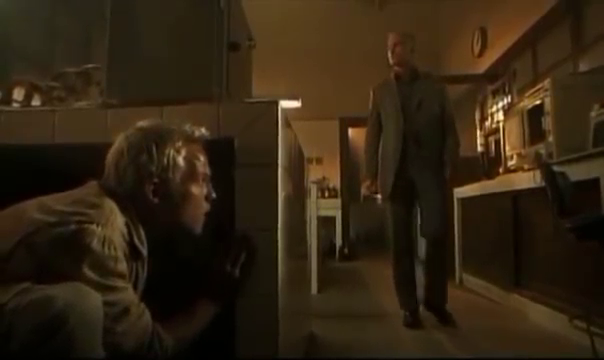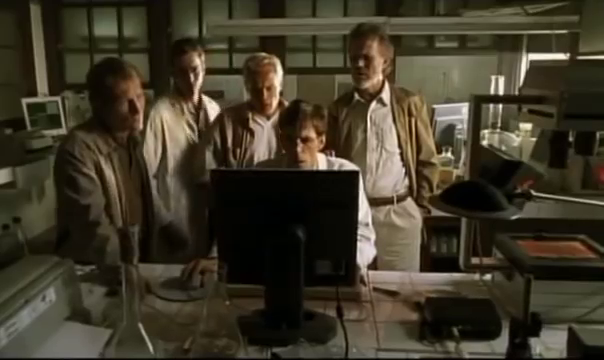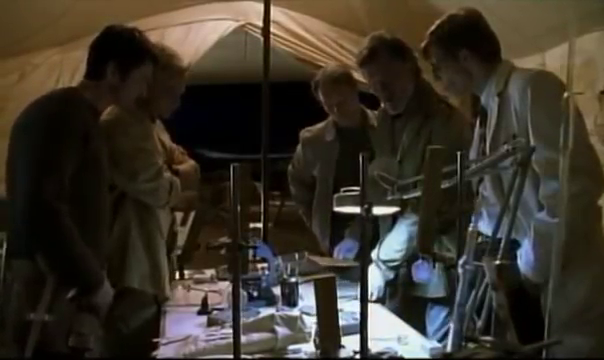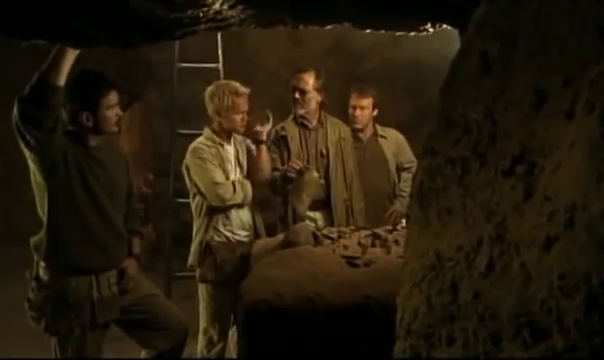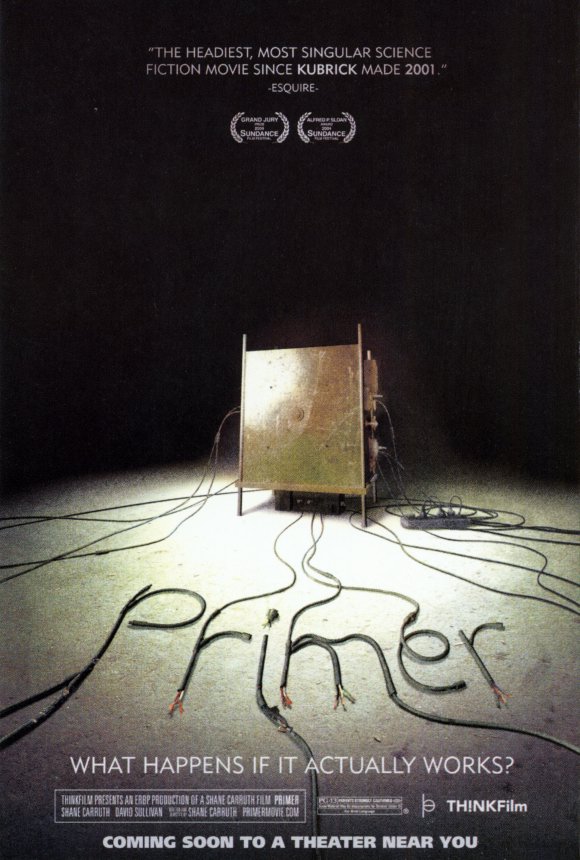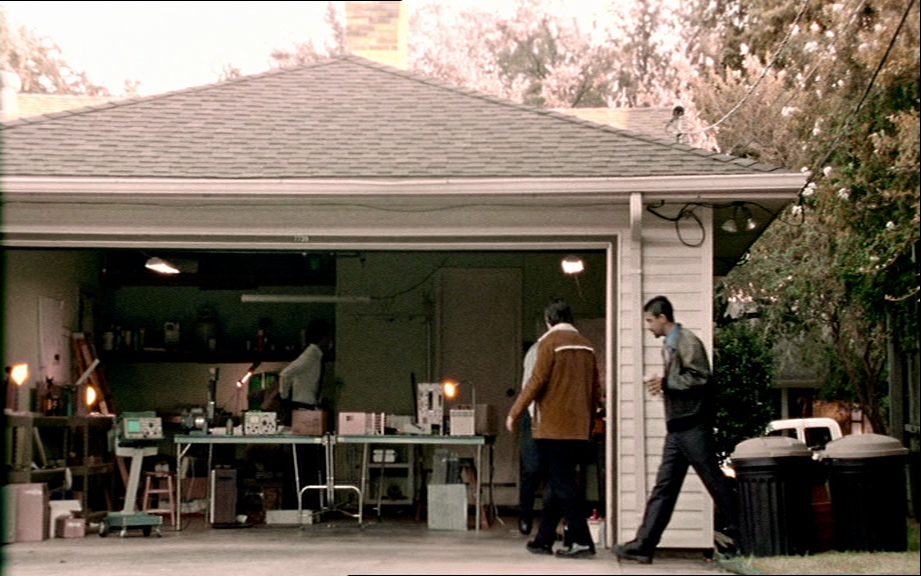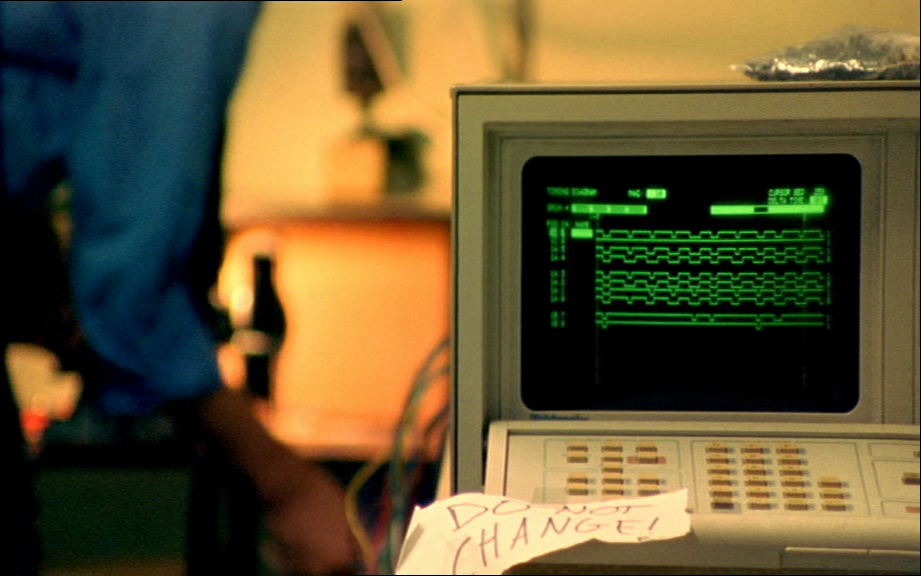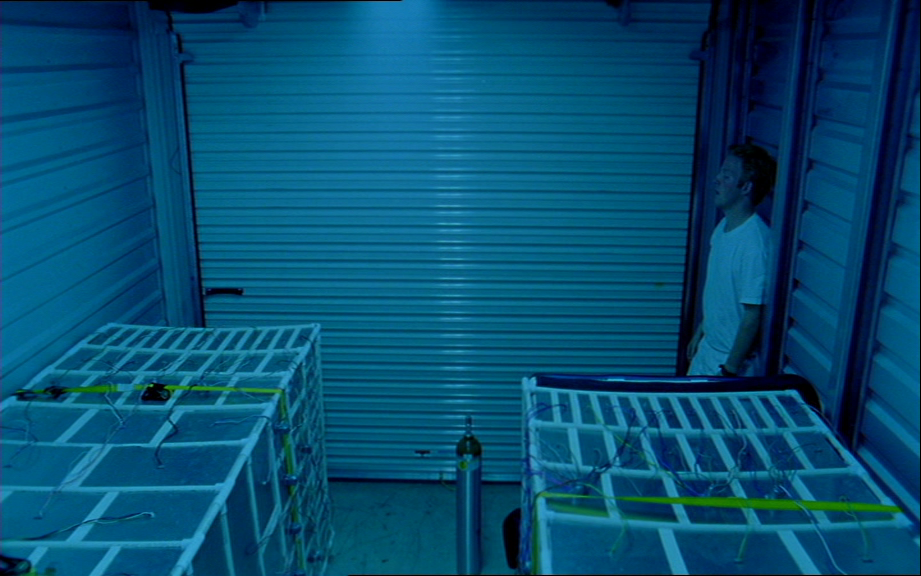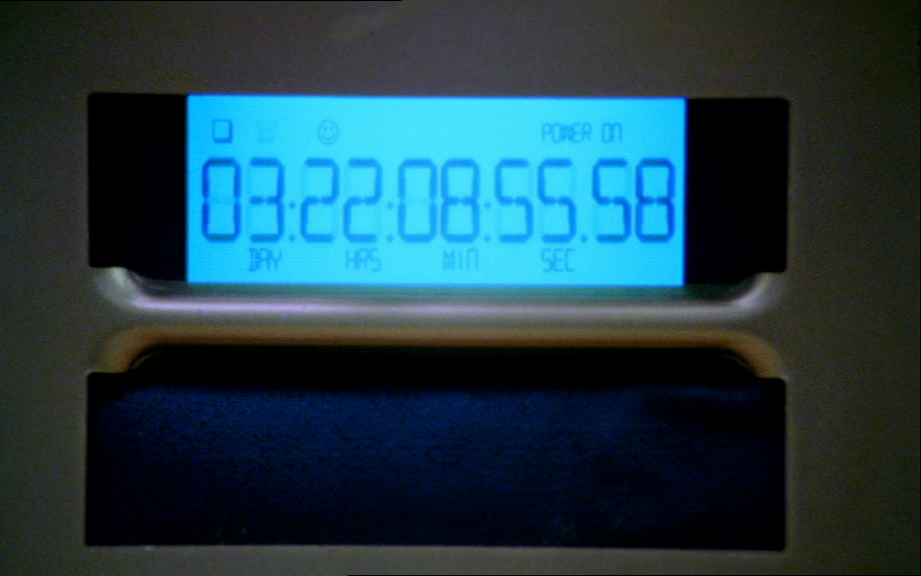-
#502 – Alice’s Birthday (2009)
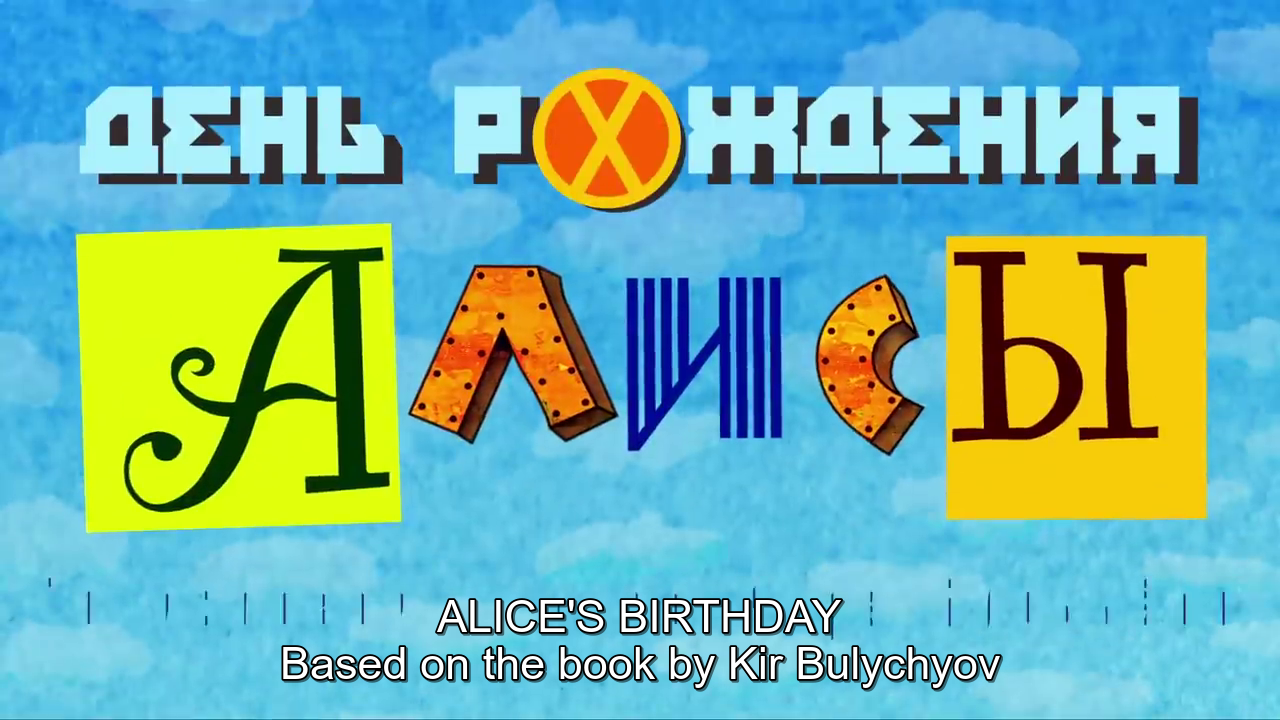

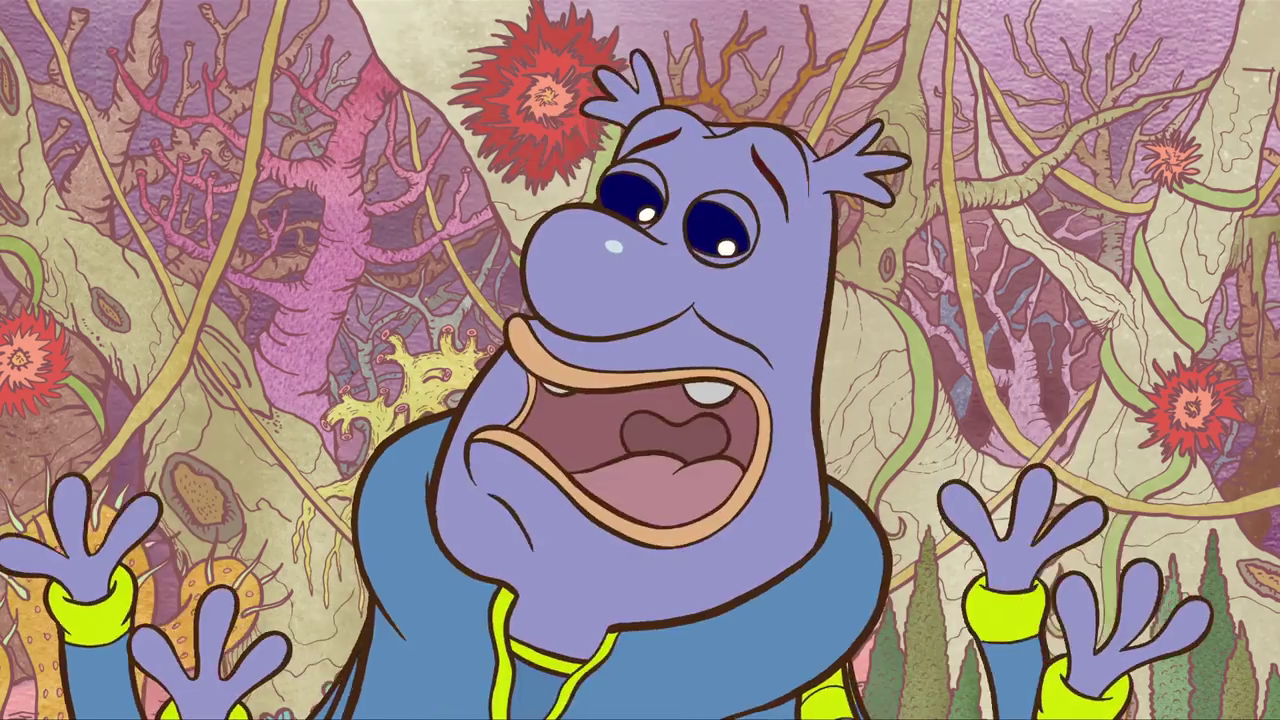
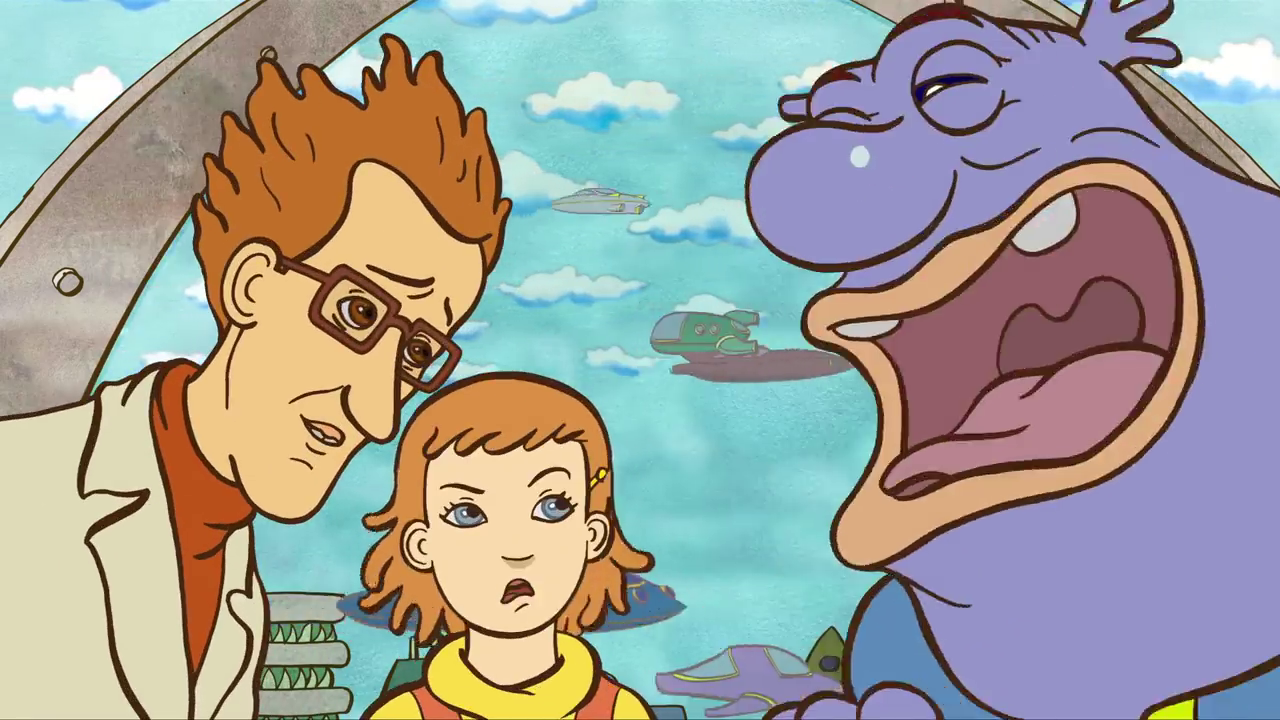
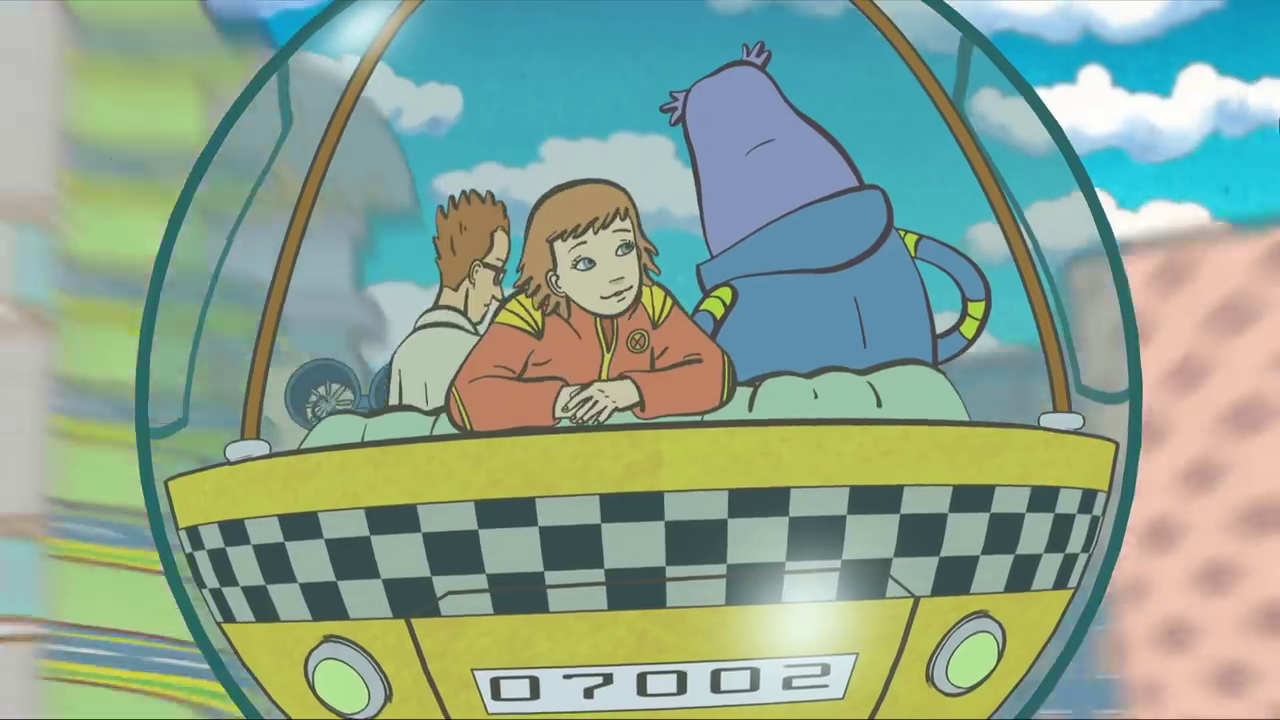
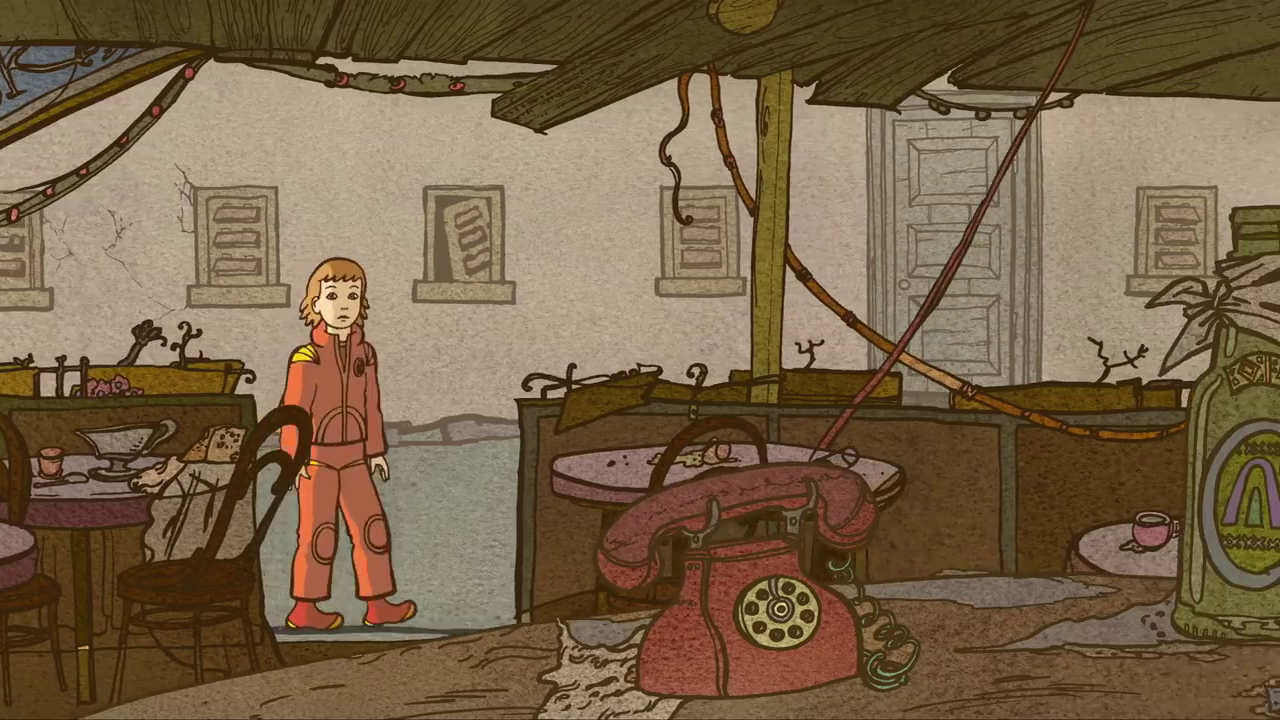
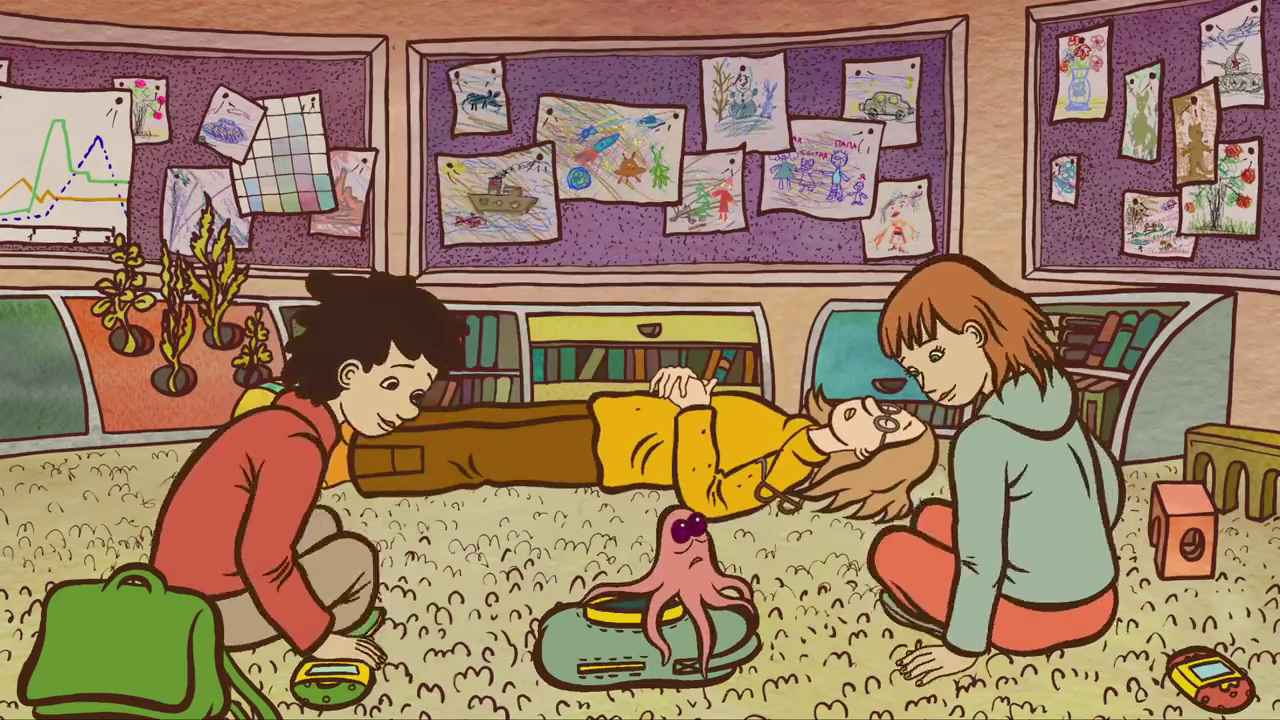
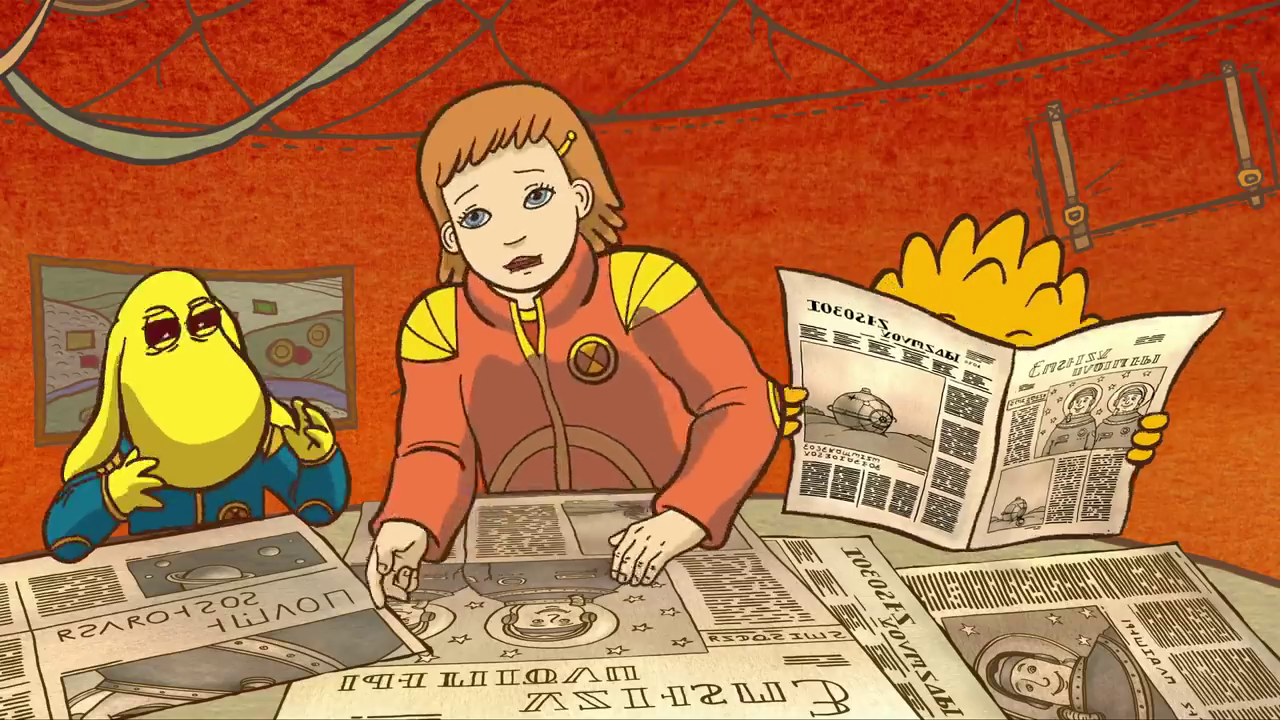
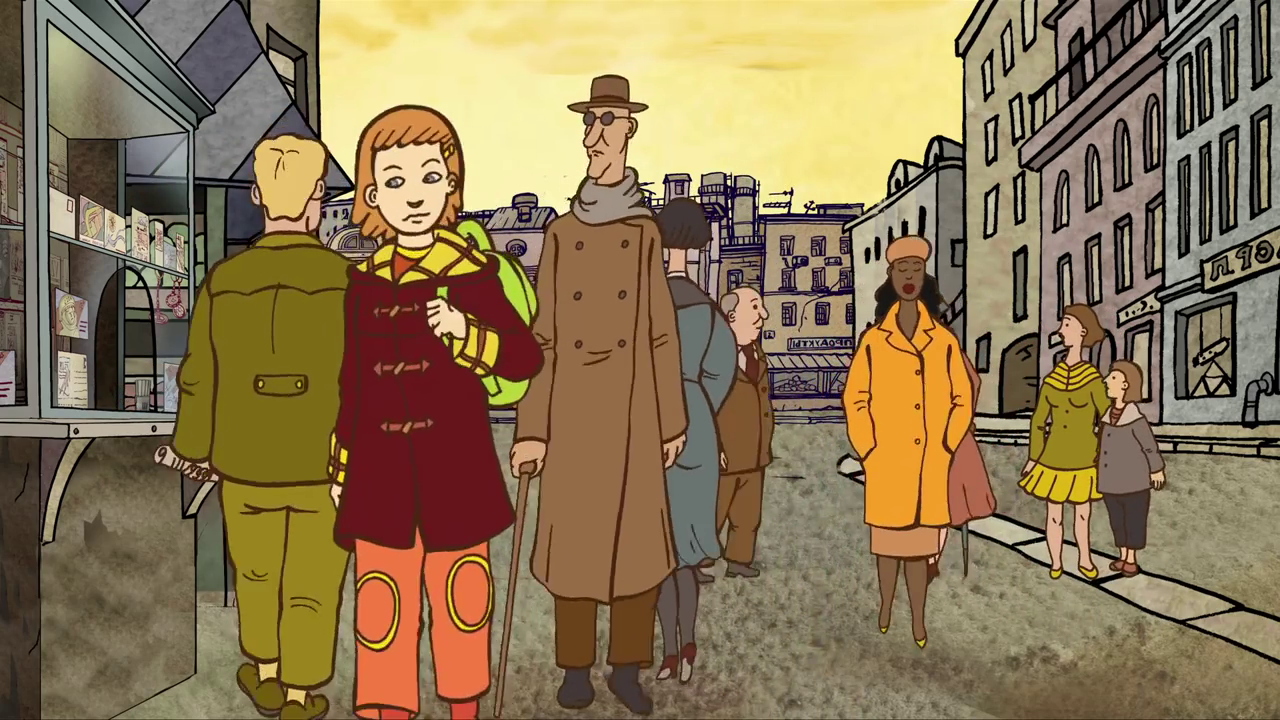
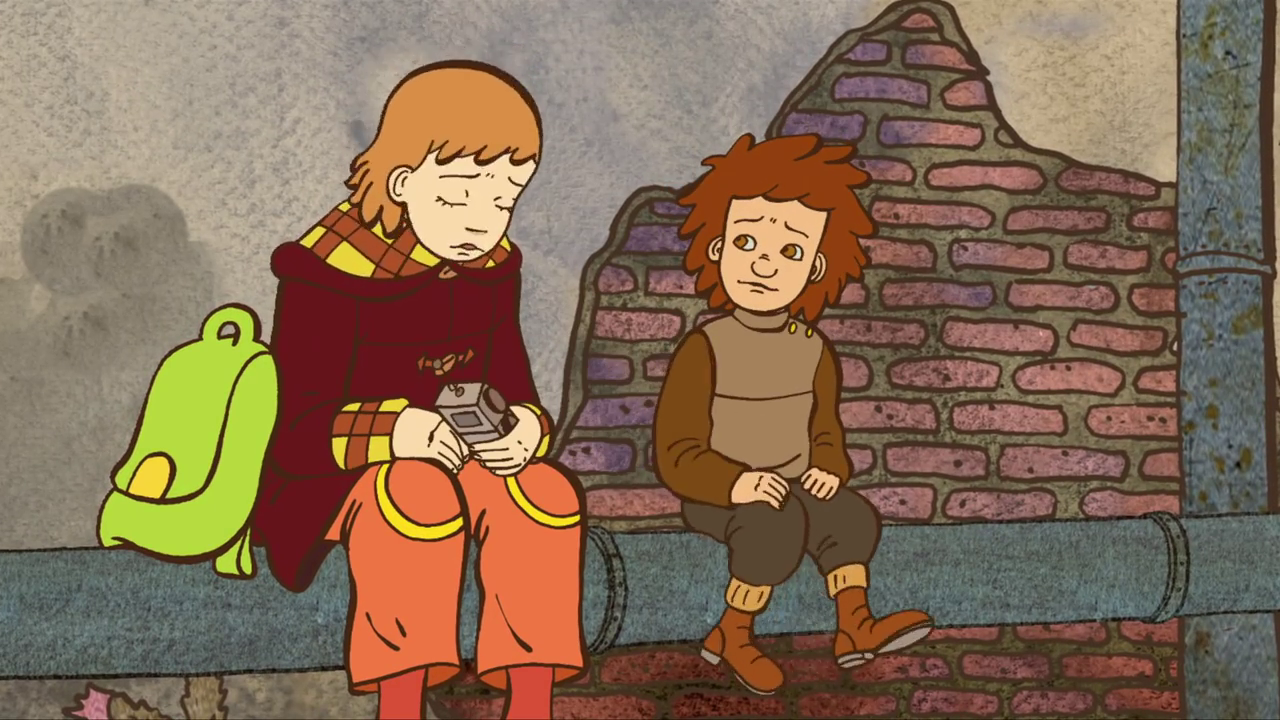
Alice’s Birthday (2009)
Film review #502
Director: Sergey Seryogin
SYNOPSIS: Alice Selezneva has just failed a history exam at school, but things are looking up, as a friend of her Father’s Gromozeka, has arranged a trip for her birthday to the planet of Koleida with a research expedition. The planet once had a flourishing civilisation, but a space virus wiped it out centuries ago. Alice decides to use the expedition’s time travel machine to go back in time (along with Professor Rrr, another member of the expedition) to save the planet’s population, not knowing the virus is still alive in the present and approaching the camp of the expedition…
THOUGHTS/ANALYSIS: Alice’s Birthday is a 2009 animated sci-fi film, which is a re-imagining of the popular 1987 film Lilac Ball and the original novel. The film starts out introducing Alice, an energetic and mischievous girl who fails a history exam after causing chaos in the classroom. She meets up with her Father’s friend Gromozeka, who has a surprise for her upcoming birthday: to join a research expedition to the planet Koleida, where a flourishing civilisation was wiped out by a space virus centuries ago. The film, as mentioned is a re-imagining of the film Lilac Ball and it’s original novel, part of a series of adventures starring the character of Alice. The series was quite popular in the Soviet Union, and so this film is riding a little on that nostalgia bandwagon. However, it certainly stands as a film in it’s own right too, as the story deviates from the original film a fair amount, and being an animated film, has a lot more freedom to bring the futuristic world to life. The story itself flows pretty well, being split into a fairly typical three-act structure that has a good amount of variety, humour, action, and even some scary dark moments. The essentials of the story are things that you have probably seen before involving time travel and trying to change to change the course of the future in time, but it is still entertaining enough to watch.
Alice is a very typical lead for these types of films: adventurous, mischievous, and a typical kid which it’s young audience can identify with. Her character has a wide range of emotions and relationships with other characters, so she feels like a well-rounded individual with enough spirit and energy to be her own person. One notable difference in the rest of the characters form Lilac Ball is that the animated medium gives a lot more freedom to give the aliens a more alien design; in Lilac Ball, the characters which were aliens in the novels were re-imagined as mostly human; in the animated Alice’s Birthday, the aliens aboard the research expedition are all shapes and sizes, and though we don’t hear from many of them, their unique appearances make the film colourful and interesting. There is some weird comments near the beginning of the film, which seem to suggest there’s some discrimination against aliens on Earth, but it’s not really brought up again or addressed, so that’s a bit odd. The minor characters, like Professor Rrr and Gromozeka have a very specific role, and you know what to expect when they’re on screen, which is comforting. On a more novel note, the commander of the expedition is voiced by Natalya Murashkevich, who played Alice in Lilac Ball and the 1984 mini series Guest from the Future, which is a nice nod to those productions, and reinforcing the idea that there is a bit of reliance on nostalgia for this film, even though the target audience is obviously a generation that will not have seen those originals.
The animation is fairly fluid, and the characters and world are colourful and animated enough so that it feels like things never really stand still. This is good in the action scenes, but it becomes a bit more choppy when the characters are moving more slowly. I’m not sure how this compares to other contemporary Russian animation, but it feels like a mix between modern productions, while also having a bit of that Soviet-era aesthetic within it too. Again, maybe that’s part of the nostalgia effect the film is riding on. There’s some musical numbers which are a bit generic, but again, perfectly serviceable for a children’s film. Overall, Alice’s Birthday creates a colourful and energetic world for it’s titular character to be her adventurous self: the designs of the aliens and the futuristic setting are fun, varied and interesting. The story is a little formulaic being a very typical time travel scenario, but it is still made entertaining by having interesting, individual characters, and expressing a variety of emotions throughout the different scenes. A decent children’s film, which also banks on some nostalgia for a beloved character for adults too, although they probably won’t find too much appeal in the content of the film.
-
#498 – The Zohar Secret (2016)
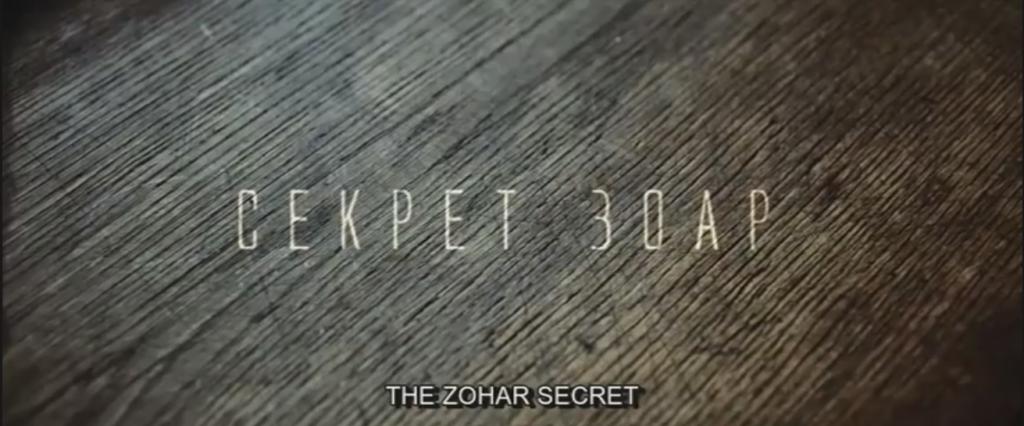
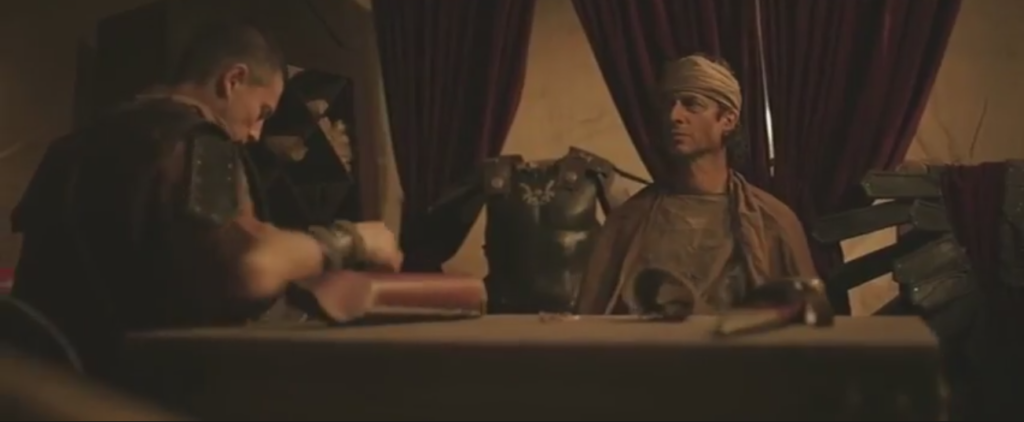
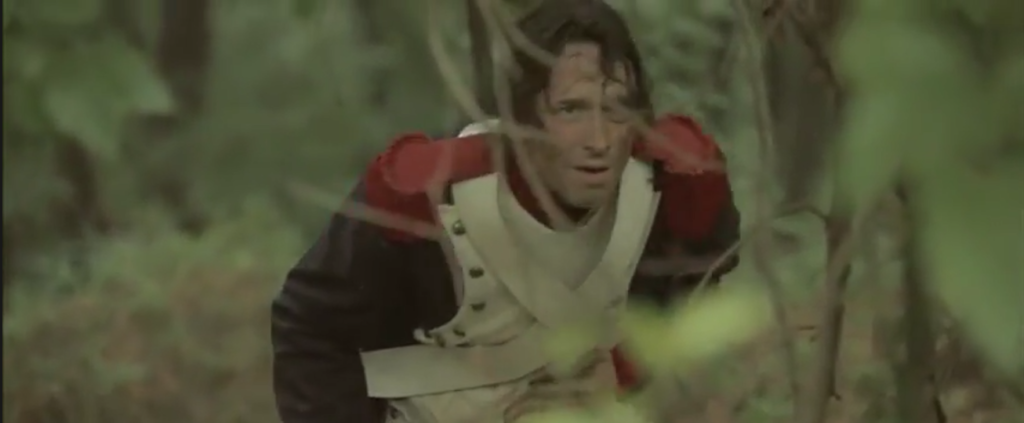
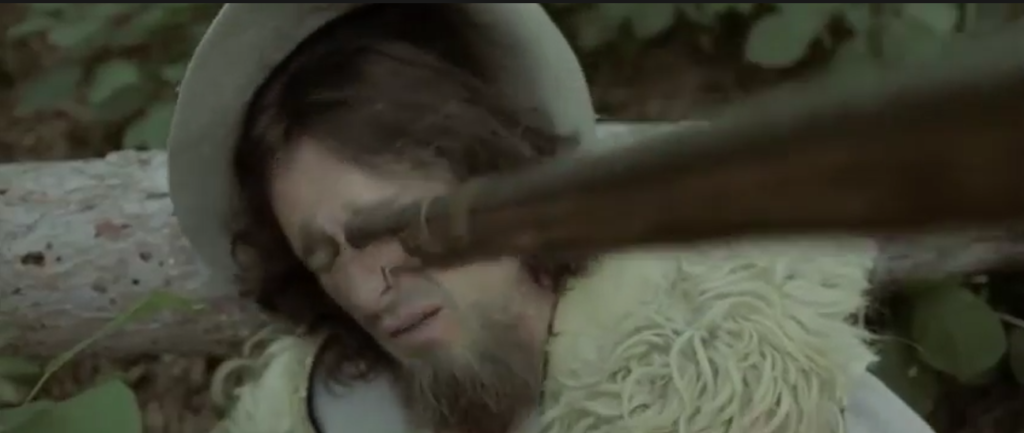

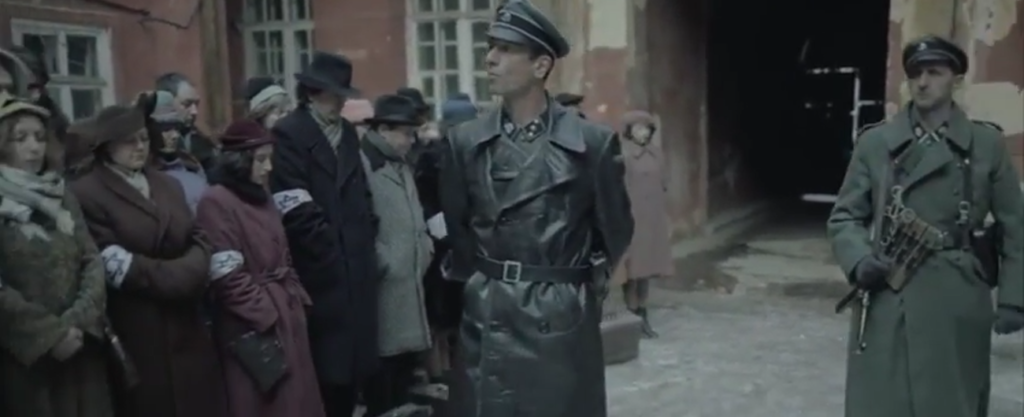
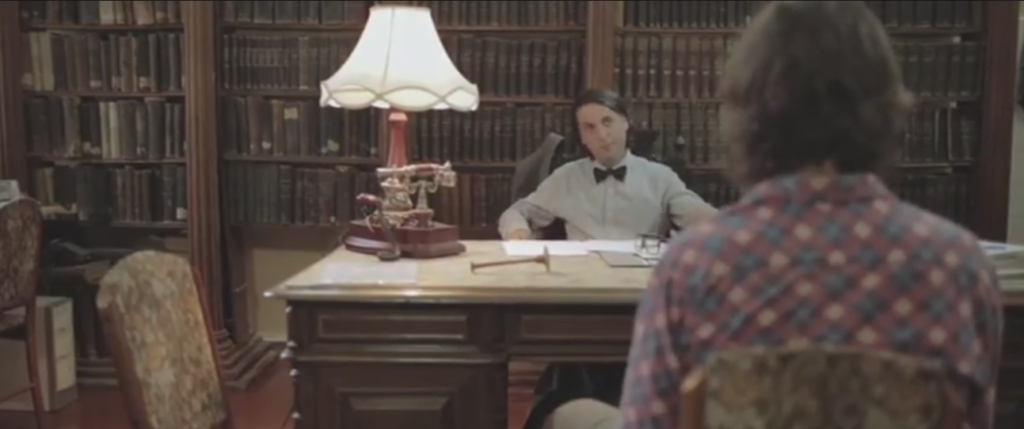
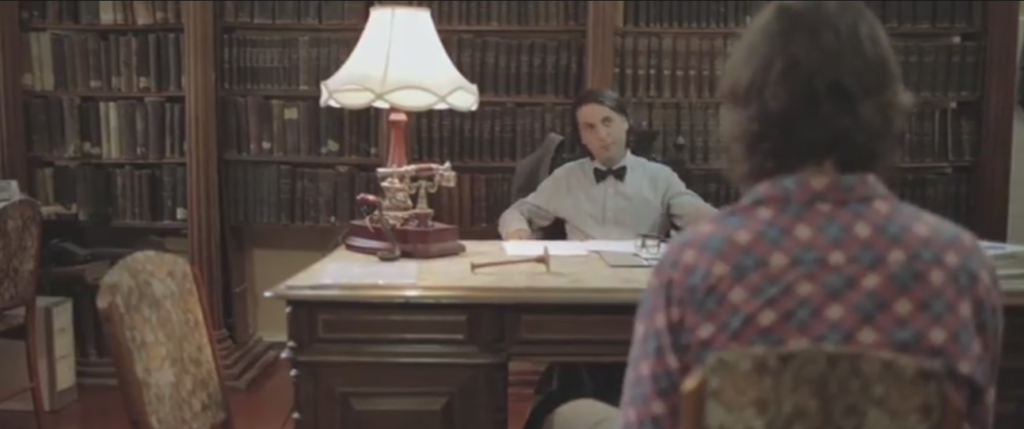
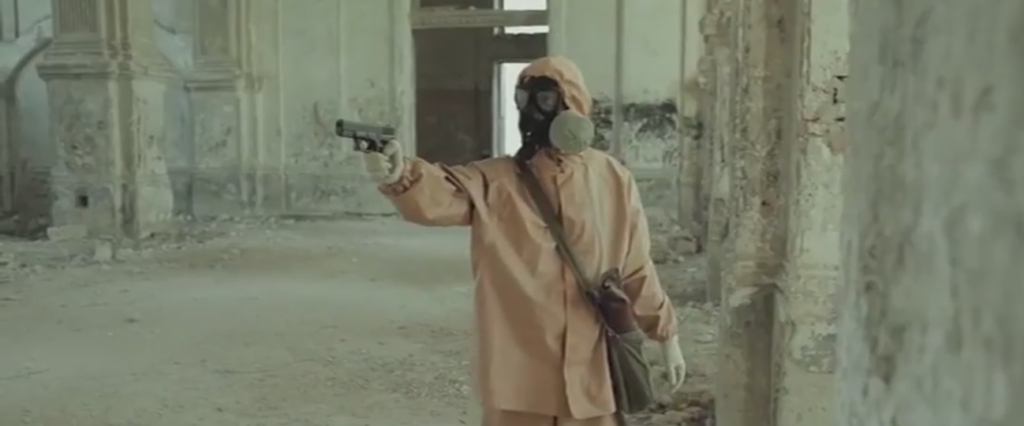
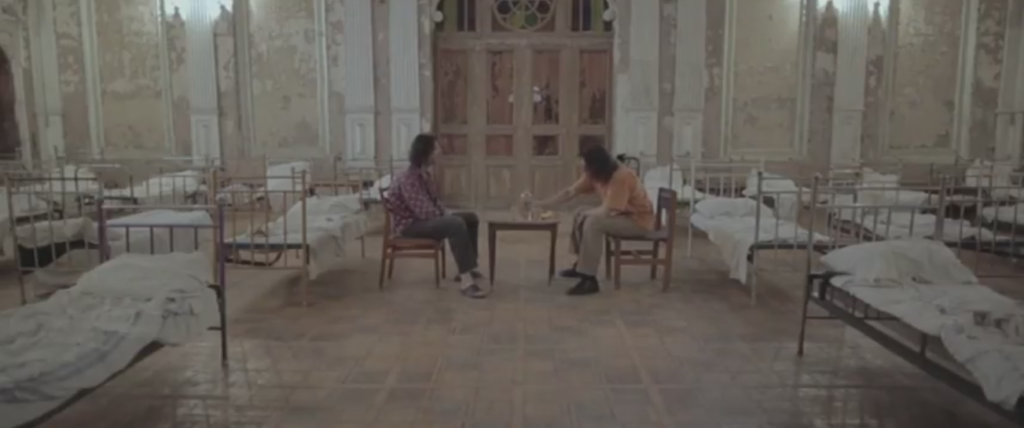
The Zohar Secret (2016)
Film review #498
Director: Vladek Zankovsky
SYNOPSIS: Max finds himself in possession of a scroll that contains the secret to transcend earthly existence and enter the next dimension of being. He is constantly being reborn in different eras of history, but always with the same task: to return the scroll to Jerusalem, where the rest of the scrolls in the collection have been buried.
THOUGHTS/ANALYSIS: The Zohar Secret is a 2016 Ukrainian film. The film centres around Max, who is constantly reborn across history with the constant mission to return a scroll to Jerusalem that supposedly contains the instructions to enter the next dimension of being. The backstory concerns how the scrolls were created by those opposed to the Roman Empire, and the history of humanity took a different turn with them, and so the scrolls were all buried apart from the one that Max now holds. Max is tasked in each of his reincarnations with returning the scroll, aided or frustrated by himself, who is usually on the other side of the historical conflict he finds himself in. The backstory is…intriguing, if a bit all over the place. The premise is interesting, and is set out in the introduction fairly clearly, but it is one of those films where the details and what everything means overall are deliberately left open to interpretation. Despite jumping through many periods of history, the film flows well and is simple enough to follow. The constant changes keep the film interesting too, even if each scenario is more or less the same. That, however, I think is one of the points: that in a lot of the different historical periods, Max is confronted by a version of himself, who is on the other side of history. This gives the impression that the constant struggles of history are endlessly repeating the same scenario of one side versus another ultimately ends up nowhere, and humanity never progresses. I think this message is gone through pretty well, and the different historical periods are rendered pretty nicely. There is often a comedic undertone to some of the scenes that amplifies this too, which again reinforces the idea that these conflicts are meaningless. Although I’m not sure whether this is actually intentional, because I’m not sure what the intention for the film actually is.
The overall tone of The Zohar Secret is very mixed and a little bit of everything: sometimes it feels like a philosophical film about mankind’s existence that is meant to be ambiguous about it’s objective. Sometimes the serious scenes are punctuated with some comedy, which trivialises the philosophical themes, but as mentioned above might be a part of showing the pointless of human conflict. Sometimes the comedy and the seriousness are pressed right against each other, most notably in the scene where Max is an SS officer in World War II, and his counterpart is a Jew. There’s a somewhat dark comedy in the whole set-up, but I’m just not sure what is meant to accomplish.
The film is very cleanly split into two parts: the first part is all of the aforementioned travelling through history mentioned above; the second part comes in at almost exactly halfway through as Max is reborn again, this time in a psychiatric hospital, where it turns out everything that had previously happened was a figment of his imagination, and he had admitted himself there to try and get better. This part of the film has the objective of undoing everything we learned in the first half of the film, and Max (along with the viewer) are attempted to be persuaded that everything that happened was a delusion. The characters in the hospital are all people Max met throughout his historical adventures, and everything is rationalised in the next hour of the film’s runtime, so you can reasonably be of the conclusion that it was all a figment of Max’s imagination. This part of the film isn’t as interesting as the first part though, and although everything is rationalised, it’s just not as appealing as the motivations given in the first half. Again, maybe that is intentional, to suggest that there is more to existence that what can be justified or rationally explained, but if that is the case, a more subtle approach might have been better. The setting of the hospital lends itself to more comedy, and the characters become more slapstick, and flashbacks add a spin on earlier scenes that interprets them as comedic farces, rather than historical battles. The final part of the film suddenly throws up the fact that the whole thing wasn’t just a figment of Max’s imagination, and because he chooses ultimately to hang on to the actual delusion of having a wife and child, he is sent back in time to do the whole thing again, presumably ad infinitum until he makes the right choice. If the film’s objective was to leave the ending ambiguous about what is real, it does not do that, because Max being sent back in time shows that the whole ordeal is real, and we are given no more insight into what this next dimension of being could be.
Overall, The Zohar Secret is a bit of a mess, but it still manages to be entertaining for the most part. I think the film wants to be a deep, philosophical film like 2001 about the nature of human existence, but it throws in a lot of drama and comedy that muddles the point rather than maintains it’s needed ambiguity. It hurts itself too in over-rationalising what it delivers, which probably could have worked if it wasn’t so heavy-handed. The parts I thought were interesting, such as the rendering human conflict as an endless repetition of the same ideas, I’m not sure were actually intentional or not. The clear-cut division of the film into two halves again undermines the film’s needed ambiguity. So yes, it’s mildly interesting and entertaining, but as what the film is aiming to be, I have no clue.
-
#493 – Back to the Siam (2013)
Back to the Siam (2013)
Film review #493
Director: Gonzalo Rodan
SYNOPSIS: Marty visits his friend Doc Brown and finds that he has invented a time machine…made from a fridge. A bunch of men in suits appear and try to catch Marty and the Doc, leading to Marty accidentally being transported back in time to the year 1986. There, he has to find Doc Brown again to help him fix the time machine to get back home…
THOUGHTS/ANALYSIS: Back to the Siam is a 2013 science-fiction film, based on…well, you can probably guess. The film centres around Marty Fox, who visits his pal Doc Brown to find he has completed work on a time machine that he has constructed himself out of a fridge. However, some men in suits come to put a stop to the Doc’s experiments, and Marty is accidentally sent back in time to 1986, damaging the time machine in the process. Marty goes to the Doc Brown in 1986 to get help in fixing the time machine and sending him home. The film is essentially made as an Argentinian Back to the Future, so while the essential plot is more or less the same, a lot of the settings, people, and scenarios are replaced by things which are more common to Argentina. For example, instead of the lightning storm which takes Marty back to the future in BttF, here it is the electricity generated when footballer Maradona scores a goal at the 1986 world cup. This is obviously a low-budget, somewhat satire of the films, so you can’t penalise it for accuracy, but the changes it has made to the film mostly fit the story well, and give the story a bit of a twist. Obviously it is based on the foundations of an already well written film in BttF, so I don’t want to give Back to the Siam too much credit for that. I could not find any English subtitles for this film, but I don’t think it really matters if you know Back to the Future like nearly everyone does, but does mean I can’t really comment on the jokes or humour. The physical humour is mostly entertaining though.
The biggest change from Back to the Future is that the “past” in this film is 1986, which is about the same time that the “present” was in BttF (1985, to be exact). This could have been a pretty interesting thing for the film to play with, but as mentioned, it’s aim is to make an Argentinian take on the original, rather than try anything too new. The main characters too are basically the same, just tweaked to reflect their locale. The character of Biff Tannen doesn’t have a counterpart in this film though, and instead the antagonists are just men in suits. The main focus of the story is the first Back to the Future film, but there’s some nods to the second and third film, so it definitely feels like a take on the franchise as a whole, which is nice, and means that the film won’t set up a sequel it will never get.
This should not come as a surprise, but this film is completely unlicensed, and has no permission to use any of the names, characters, or anything. It reminds me of the films of the 60s and 70s that would simply make films based on entire franchises without permission, typically in countries where they would not be found out and sued into oblivion. Back to the Siam doesn’t use any Back to the Future footage, but it does use a lot of the music, which it definitely doesn’t have the licence for: if you were going to argue this was simply a fan-made parody, then that might be the thing that tips it over the edge into plagiarism territory. Despite being a low budget “parody,” there’s obviously a lot of thought and effort gone into certain aspects of the film: the fridge being the time machine instead of the DeLorean (obviously there would have been no way to afford one) genuinely works and looks cool, as well as providing some fun gags. The camera work is also surprisingly good, and shows competency when switching between different angles in scenes. The biggest production issue is the audio: it constantly peaks and distorts, and voices in the same scene can often have completely different volume levels. Even doing something basic like having a limiter would have helped immensely; it’s quite odd that there’s such a disparity between the camera and audio work.
Overall, Back to the Siam is what you would expect from a low-budget parody/re-make/bootleg…whatever you want to describe it as. It uses the successful formula and story of what it is based on, and adds it’s own flair. While keeping fairly close to that original, it also sometimes decides to just go ahead and do what it wants. At one point it decides to just through in a version of “A whole new world” from Disney’s Aladdin for no reason. I appreciate the randomness though, and also the effort taken to give the source material a different flair. It’s not going to offer you anything that Back to the Future doesn’t, and a lot of the Argentinian cultural references may not offer anything if you’re not familiar with them, but it definitely could have been a lot worse.
-
#479 – Trancers 4: Jack of Swords (1994)
Trancers 4: Jack of Swords (1994)
Film review #479
Director: David Nutter
SYNOPSIS: Jack Deth, an agent of the council, is travelling through time in order to wipe out temporal anomalies, after he eliminated the trancer threat. However, an accident while travelling through time leads to Jack travelling to an alternate dimension, where the trancers are terrorising the people of the land and feeding on their energy. Once again, Jack finds he has to deal with the trancer threat…
THOUGHTS/ANALYSIS: Trancers 4: Jack of Swords is a 1994 sci-fi film, and the fourth film in the Trancers franchise. On opening, we see Jack Deth, the protagonist of the franchise, working with the ruling council after eliminating the trancer threat in the previous film, and now travels through time to preserve temporal order. On his way through time for his next mission however, an incident in the time machine causes him to instead land in an alternative dimension or parallel universe (it’s not really explained) where trancers are again terrorising people: this time a medieval kingdom, and Jack must once again deal with them. The Trancers franchise is – as I have said in previous film reviews – a fairly low budget affair that you don’t need to take too seriously, drawing influence from franchises like Terminator and Blade Runner, but never having the polish or just general quality they do, alongside not providing something original that sets it apart. The premise of travelling back in time to inhabit the bodies of your ancestors is a cool premise, but hasn’t really been explored since the first film, with the films falling into very generic action films and away from the cool sci-fi noir it set out with.
With that in mind, let’s look at where Trancers 4 has taken us: while the film begins with it’s typical sci-fi setting, the majority of the story takes place in this alternative dimension with a medieval fantasy setting. This is obviously quite a departure for the series, and it doesn’t suit it at all. The plot is basically a Robin Hood type affair, with Jack Deth working alongside the “tunnel rats” peasants of the kingdom who are rebelling against the lord of the land, who is a trancer…but also a vampire? Since Deth destroyed all the trancers in the previous film, why they’re now showing up in parallel universes feeding on people’s life energy like vampires is never explained and simply makes no sense. This really is a departure for the series, and it is quite odd that it took this direction; although I feel like the series has been running out of ideas since the first one, so just throwing Jack Deth into an unrelated medieval fantasy is one way to solve that problem, rather than building on what has already been established I suppose. The story itself is a typical “fish out of water” affair with Deth coming to terms with the world he has found himself in, and the locals being amazed at his technology and the like. It goes exactly like you would expect, except you would never expect the series to go in this direction.
None of the previous characters return from the previous films apart from Jack Deth, which again shows just how unrelated and disjointed the series has become. Deth himself, Still played by Tim Thomerson, is the same odd mix of action hero, noir detective, and quirky rebel: he’s equally likely to swear and get serious as he is to make a quick one-liner. In one sense, his character is all over the place, partly due to the fact he is an amalgamation of tropes and characters from other (better) films. Alternatively, this unpredictability is strangely endearing, as you never know just how he is going to handle a situation, so you just have to keep watching. Deth is obviously not a great person: he keeps getting his partner’s killed, he is rude to everyone, and is constantly trying to seduce women that are way younger than him. Thomerson does, however, do a good job of making the character flawed, but likeable. The rest of the characters aren’t of any particular consequence, and they are barely worth a mention as they fill out very typical and predictable roles.
The production and design are very much a mixed bag: some of the futuristic props are nice, but the sets in the future seem to just be empty warehouses with no sense of place. The setting of the fantasy parallel universe world looks as you would expect, and offers few surprises. The action scenes aren’t amazingly choreographed, and filled with stock sound effects that are just thrown in without any mixing or editing. Trancers 4 is a strange turn in a series that is already full of strangeness: the story and setting is very typical, and doesn’t fit in with the franchise, and doesn’t add much to it. The character of Jack Deth is still this weirdly interesting centre of attention that is entertaining enough, but everything that surrounds him just is not of interest.
-
#476 – Man From the Future (2011)
Man from the Future (2011)
Film review #476
Director: Cláudio Torres
SYNOPSIS: João Henrique, nicknamed “Zero” is a renowned scientist, who is attempting to develop a new infinite source of energy. When he activates his experimental machine, he accidentally finds himself transported back in time to 1991…on the day the love of his life dumped him. Determined to change what happened that day, he goes about trying to change the events that unfolded, but his meddling turns out to have unintended consequences, and manages to complicate his life in ways he never even imagined…
THOUGHTS/ANALYSIS: Man from the Future (O Homem do Futuro) is a 2011 Brazilian sci-fi comedy/romance film. The film opens up with João “Zero” Henrique, a physicist, about to test a machine that will hopefully create an unlimited new source of energy for the planet. To prove that it is safe, he sits himself at the centre of the machine. However, something unexpected happens, and Zero wakes up in the year 1991, on the day his life changed forever: it is the graduation dance, and Zero is unceremoniously humiliated and ditched by the love of his life; an event that defines his life from that point. Desperate to change what happened, Zero goes to find his younger self and convince him to do things differently. In a very expected and familiar story, he changes events in his own past, which leads to a lot of unintended consequences that makes things a lot worse in the present. The story is obviously fairly typical for a time travel film; with going back to the past altering the future in unanticipated ways. The film is split into a typical three-act structure between going back to 1991, the altered present, and back to 1991 again, and the structure helps stop things from getting confusing. On the other hand, there’s not too much unique that the film offers by playing it so safe. The film obviously (and like most time travel films) takes some cues from Back to the Future, but Man from the Future really strays into copying in some respects; in particular, the key setting of the film being a graduate dance as the turning point in the characters lives. The mixture of sci-fi, romance and comedy feels a bit uneven at times, and it wanders a bit loosely between them as a number of issues are thrown up that never seem to be resolved. For example, there’s a side-issue about trying to prove that “love is a fundamental part of the universe” that gets mentioned, but nothing is ever really done about it.
Zero, the main character, is a bit of a flawed protagonist: his life is constantly overshadowed by being humiliated and ditched by his first love Helena at their graduation dance, and it still impacts him over twenty years later. Nevertheless, he is a professor, and has loads of funding for his research, so it’s hard to feel too sorry for him in that regard. You do see his character change as he realises his meddling in the past only made things worse, and he becomes determined to set things right, making him a more likeable character by the end. Helena as Zero’s love interest doesn’t really have too much character other than said love interest, but her acting is pretty good. It is a bit weird how she just seems to be madly in love with Zero even though we never really see how their relationship develops or how she gets to that point, and it seems like she is in love with him simply because the plot needs her to be. The rest of the characters have their own personalities and are acted well, but don’t play too much of a part in the film.
The tone of the film is often quite difficult to figure out: apart from the mix of sci-fi, romance and comedy constantly competing rather than supplementing one another, there’s also the question of who the film’s target audience is. I don’t think it is older viewers because they would have already seen Back to the Future, and would undoubtedly recognise it as derivative of it (I’m not sure how popular BttF is/was in Brazil). It can’t really be seen as a satire or parody of it either, because despite the similarities, it never does anything to undermine the premises and tropes of time travel films, but rather just copies them. I’m not sure the main character being in their forties really appeals to a younger demographic either, although a few raunchy shots and a youth-oriented soundtrack certainly suggests a younger demographic. Man from the Future, on the whole, is produced and made well, with decent acting, and sets and props that are convincing in their scale and polish. However, it doesn’t offer anything unique in terms of its story, and it’s crossing of genres makes it seem muddled, but overall as a bit of light entertainment, it’s easy enough to sit through.
-
#475 – Trancers III (1992)
Trancers III (1992)
Film review #475
Director: C. Courtney Joyner
SYNOPSIS: Jack Deth is trying to make a life for himself after being stranded in Los Angeles. However, he is timejacked to Los Angeles 2247, where it turns out a new wave of trancers have been devastating the future. Jack is assigned to go back to 2002, when the trancers were first developed, to wipe them out at the source…
THOUGHTS/ANALYSIS: Trancers III is a 1992 sci-fi film, and the third film in the Trancers series of films. In the beginning, we catch up with Jack Deth not doing too well for himself after the end of the last film, as he now works as a private detective that finds people cheating on their partners, while his own marriage is heading to a divorce. While out at work, he is kidnapped by a trancer and taken to the year 2247, where he finds out that a new wave of trancers has been created and is waging war against the ruling council that he formerly worked for. He is assigned the task of travelling to 2005, when these trancers were first developed, and wipe them out at the source. The Trancers films centre around the use of a technology in the future that allows a person to be sent back “down the line” (through time) to inhabit the body of their ancestor. This gimmick was explored with some consideration in the previous films, but isn’t really a part of this film; which is a shame because it was the only really unique thing about the films. These films feel very much like a cheap terminator/Blade Runner venture, and again, Trancers III is no different. With a runtime of just over seventy minutes, there’s not really much time to get anything complex up and running, and the film settles for a bunch of action scenes and mindless violence that never really forms into an overarching story. There is the plot concerning Jack’s attempt to stop the formation of the trancers army, but it never seems to come to the forefront of the film, and everything feels a bit disconnected.
The characters are all pretty familiar, with a mix of the characters from the previous films, and other characters which are very familiar action movie tropes. Jack Deth is still the grizzled rouge-ish hero from the previous films, with his inexplicable ability to have women much younger than him fawning over him. He’s a mix of action movie tropes and doesn’t really offer anything unique in that respect, although Tim Thomerson does a good job of over-acting the role, which is pretty good fun. The villain is Col. Daddy Muthuh (slight play on words of “Daddy Mother” if you hadn’t noticed), who has created this new trancer army, and acts as their parental figure (hence the awful pun name). He’s a fairly over-the-top and clichéd villain, but with a name like “Daddy Muthuh” alongside “Jack Deth,” how seriously can you really expect to take this film? The rest of the characters are again pretty typical, and the constant conflict between the women in Jack’s life makes a silly distraction, and constantly raises the question why they are attracted to this man.
Despite being a low budget production typical of Full Moon Entertainment, there’s some decent effort clearly put into some of the elements of the film. The sci-fi props look good and sturdy, and some of the fight scenes are decently choreographed, and display a fairly entertaining amount of action. It does feel like a departure from the noir-esque style of the first two into a more cut-and-paste action movie, and the film loses much of it’s uniqueness in that transition. There’s a few gory moments too that you would not have seen in the previous films. Trancers III has some decent qualities to it, in particular some of the aspects of its production and some of the acting, but there’s very little substance beyond what viewers will have seen previously. Obviously with characters named Jack Deth and Daddy Muthuh you should not be expecting a super serious story or experience, but the odd pacing, short runtime and the lack of a solid set-up amidst the confusing multiple times makes a lot of the film fall flat. It has some redeeming features to make it watchable, just don’t expect to be fully entertained or get anything out of it.
-
#472 – Ancient Relic (2002)
Ancient Relic (2002)
Film review #472
Director: Sebastian Niemann
SYNOPSIS: At an archaeological dig site in Israel, archaeology student Steffan Vogt stumbles upon an unbelievable discovery: a 2000 year old skeleton that has a metal implant, and the instruction manual for a video camera that has not been commercially released yet. Alongside it, a note detailing the existence of a video recording made of Jesus Christ when he was crucified. While most of the crew believe it to be some form of hoax, Steffan believes that the only possible explanation is a time traveller that went back into the past to film the momentous occasion. When a secret order starts to take control of the dig and silence anyone that knows about this discovery, Steffan teams up with Sharon and Joshua, who were also at the dig site, to uncover the truth about what is happening, before they too are silenced…
THOUGHTS/ANALYSIS: Ancient Relic (Also known as The Hunt for the Hidden Relic, or The Jesus Video) is a German 2002 TV movie based on the novel by Andreas Eschbach. The opening of the film shows an archaeological dig site in Israel, where one of the students at the site, Sebastian Vogt, accidentally stumbles upon a burial site that’s full of mystery: a 200-year old skeleton that has signs of being form the present, such as a metal splint on his legbone, and the instruction manual for a video camera. Most of the archaeologists believe it is some form of hoax, but Steffan believes that the only possible explanation is that it is the work of some time traveller. A handwritten note accompanying the skeleton suggests that they actually videotaped the crucifixion of Jesus, which would be irrefutable proof of his existence. When Steffan tries to investigate further, he is shut out by a mysterious group who arrive and take control of the discovery. Steffan tries to sneak in and get more information, but starts to be hunted by this group as apparently he now knows too much. Steffan goes to fellow archaeologists Sharon and her fiancée Joshua, and the three attempt to unravel the mystery and find the video camera before they are killed. The plot is pretty typical conspiracy, ancient order, religious stuff; with secret groups trying to get a hold of the supposed video recording of Jesus as it would apparently be a weapon of such power, that if it disproved the existence of Jesus, western civilisation would simply collapse. I think that’s a bit of an overstatement, as I’m sure people that didn’t want to believe evidence that doesn’t fit their worldview can just call it a hoax and move on. Most of the elements of the story are left pretty vague, including these ancient orders and what they actually do. It’s probably something that’s more fleshed out in the book, but instead this film just opts for constant chase scenes and stalking that never really goes anywhere, and never arrives at the interesting bits, such as actually seeing the content of this recording, which is saved until the very end, and reveals a “surprise” twist that is entirely predictable, and just leaves open more questions that it answers.
The characters are all pretty uninteresting. Steffan just a young, well-built lead that can do all the action sequences and take a lot of cuts and bruises. His opening trait that he is an atheist doesn’t really play much of a part in the story, although obviously as the whole “Jesus video” thing starts emerging, he starts to question his atheism in a very predictable fashion. The love triangle between Sharon (the only female character), her fiancée Joshua, and Steffan is entirely without note, and again very predictable. The villains are basically henchmen of this secret organisation, and are never given any character development, or motivation, because we never get a clear sense about the purpose of this organisation.
As mentioned, we don’t see the contents of the video recording until the very end, and as a pay-off it doesn’t really deliver something satisfying that required nearly three hours of build up. The aspect of time travel is barely explored, and only explained through exposition and recordings that have no direct effect on what’s happening on-screen. The whole idea of a camcorder recording Jesus also seems a bit unbelievable, particularly it’s being able to work two thousand years later. The most notable aspect of the production is the English dubbing, given that this was originally a German production: The dubbing is terrible, and none of the voices have any real emotion or direction, which is constantly distracting from any drama on screen. Overall, Ancient Relic has an interesting story and fits into that genre that the Da Vinci Code really popularised. It is however, not a great example of the genre: the organisations and conspiracies are intangible and don’t really connect to anything specific, the mystery is very generic, and the pay-off isn’t worth it. I’m sure the novel is a lot more interesting than this poor adaptation, and I would suggest checking it out if you like these sorts of stories, because this film adaptation won’t satisfy.
-
#8 – Primer (2006)
Primer (2006)
Film review #8
dir. Shane Carruth
An independent film all about time travel. Two guys working on a range of bizarre inventions stumble upon the secret to manipulating time itself…
For an independent, low-budget movie, Primer should be noted for it’s very complex and technical plot. As each step in the development of this time travel experiment is discussed and laid out in the dialogue, it is obvious that there is a lot of technical thought that has been considered. Even when stepping into the scientific unknown of time travel, there is still a lot of technical background, which although works nicely within the context of the script, it may take scientific and mathematical liberties at some points, but with the sheer amount of technical information pouring out of the script, it is difficult to determine the real and fake science, which I would say work’s in the movie’s favour.
There is a real trash aesthetic throughout the film. Being an independent film about two guys working from their garage, this is probably what you should expect. The cobbled-together machines give no clue or framework for understanding what is going on, so it requires an attentive viewer to decipher how everything works.
As you can guess, it is pretty easy to get lost in this movie. If the techno-jargon doesn’t get you, the amount of different timelines that start piling up most certainly will. Just google search “primer timeline” and you’ll get a large number of graphs and charts which people have used to try and decipher the events of Primer. Interesting fact: I never heard the word “time” or “time travel” anywhere in the film.
If there is one clear message to take away from Primer, it is this: Time travel is messy. Just by doing one simple journey backwards in time throws up so many complications, and even with the precautions the main characters take to remove themselves from the continuum, everything still manages to pile up so much that they have to leave their old lives behind while another version of themselves goes on in their place.
It’s very much a Pandora’s box: Once you open it, you can’t really put it back. Perhaps the “time machine” (this definition is never used in the movie by the way) being in the shape of a box signifies this rather nicely.
So is it possible to answer the tag-line question: What happens if it actually works? Not in my opinion. What happens seems to be far out of the control of two guys working in their garage.
